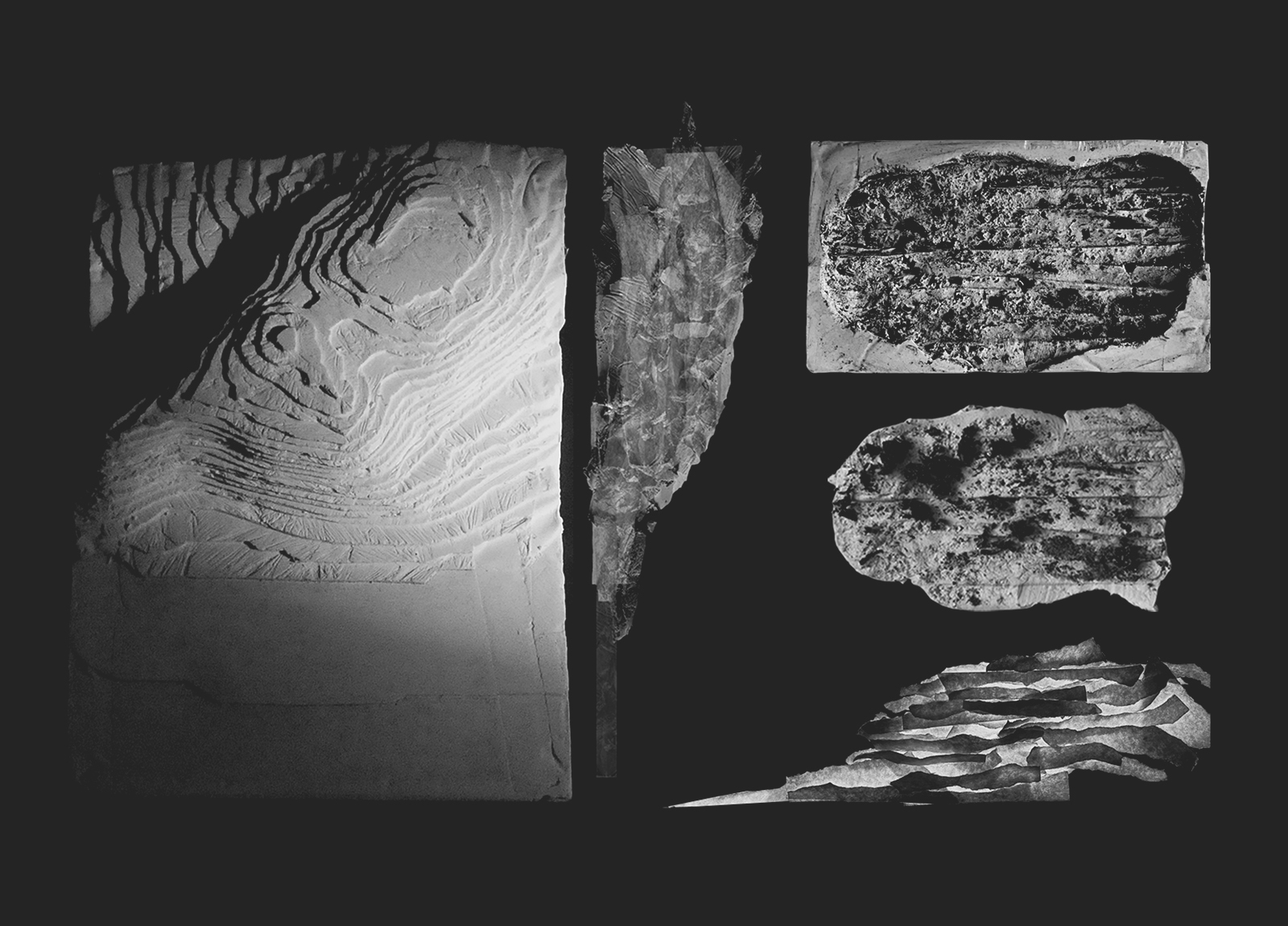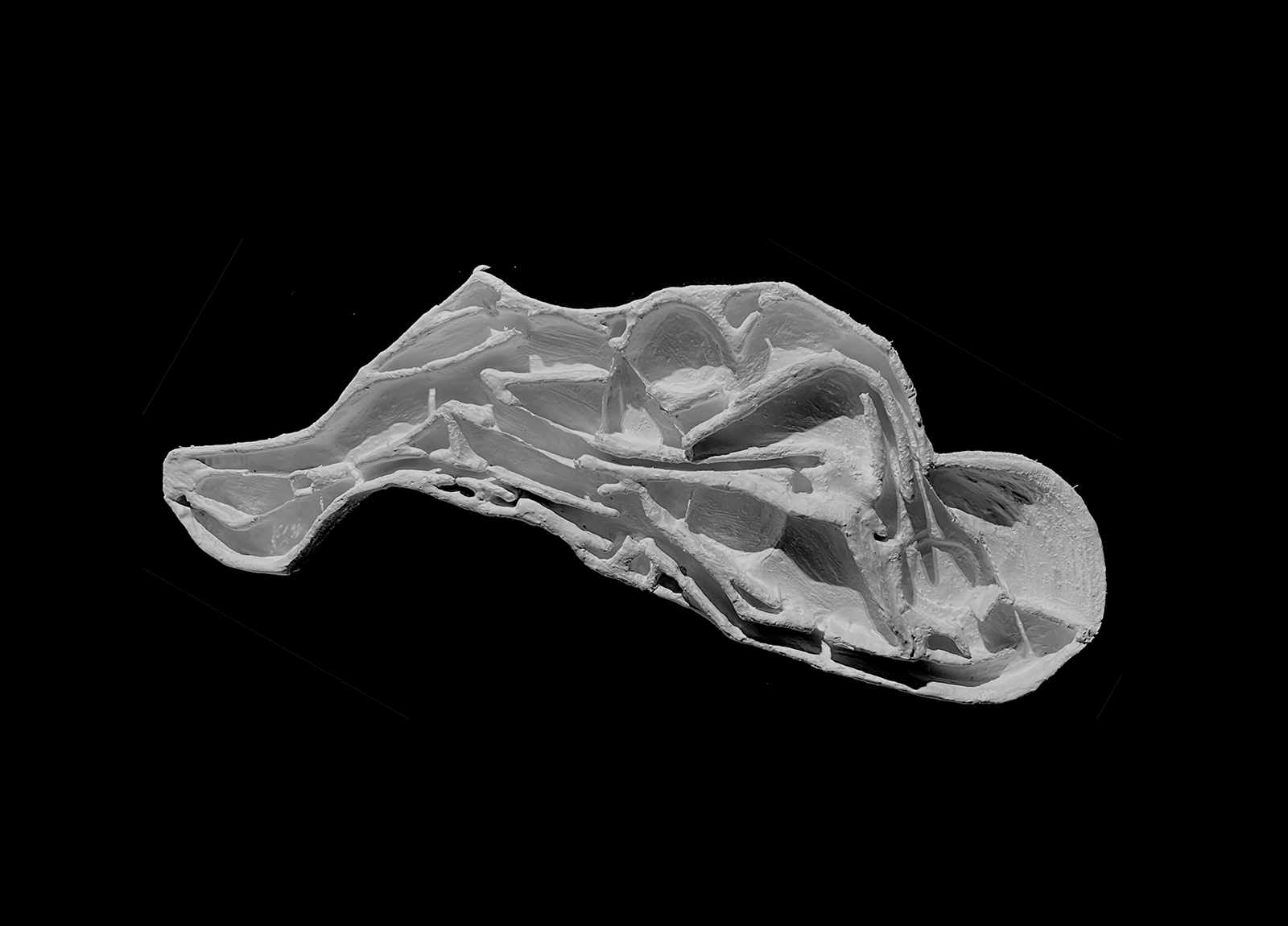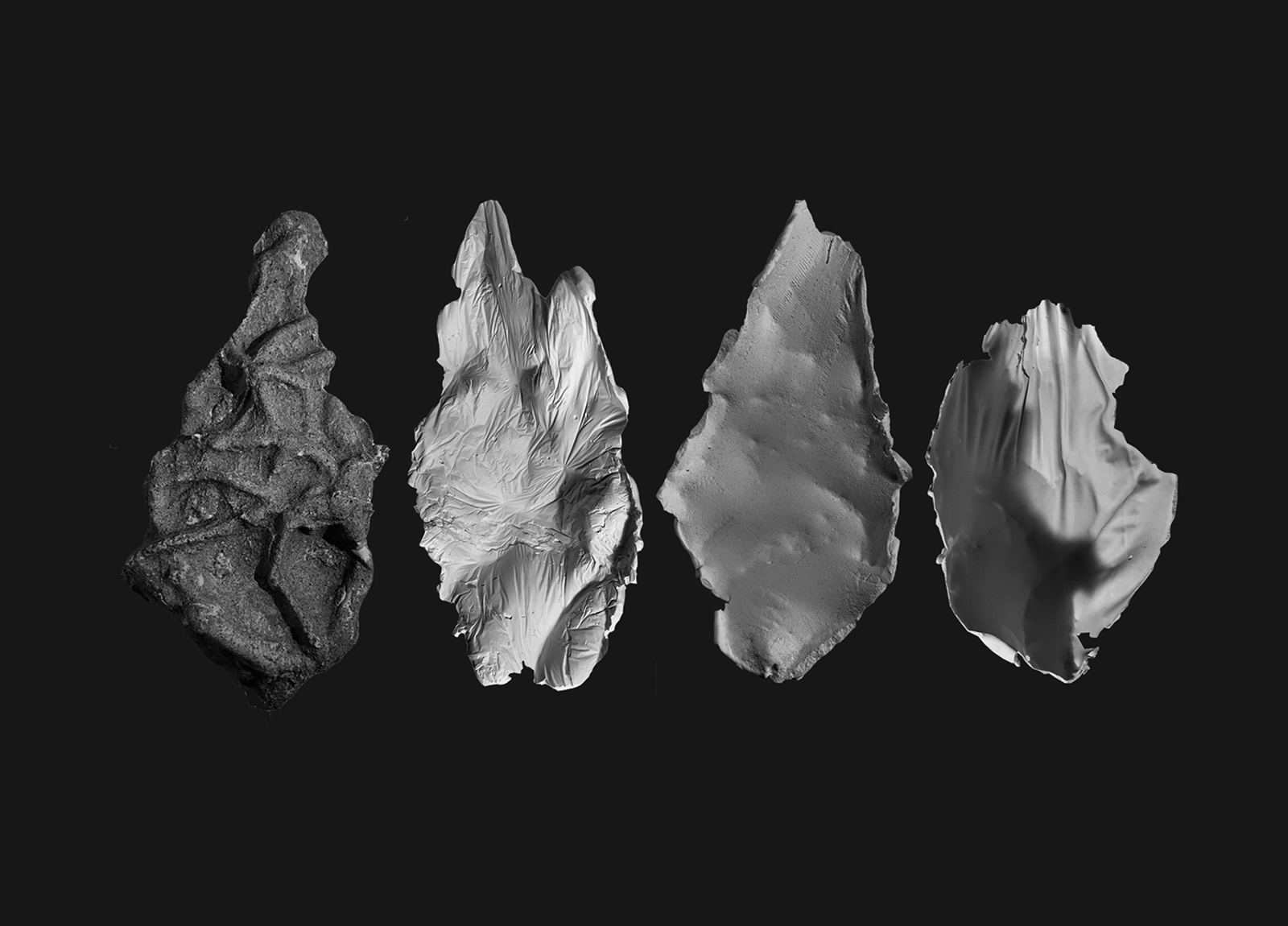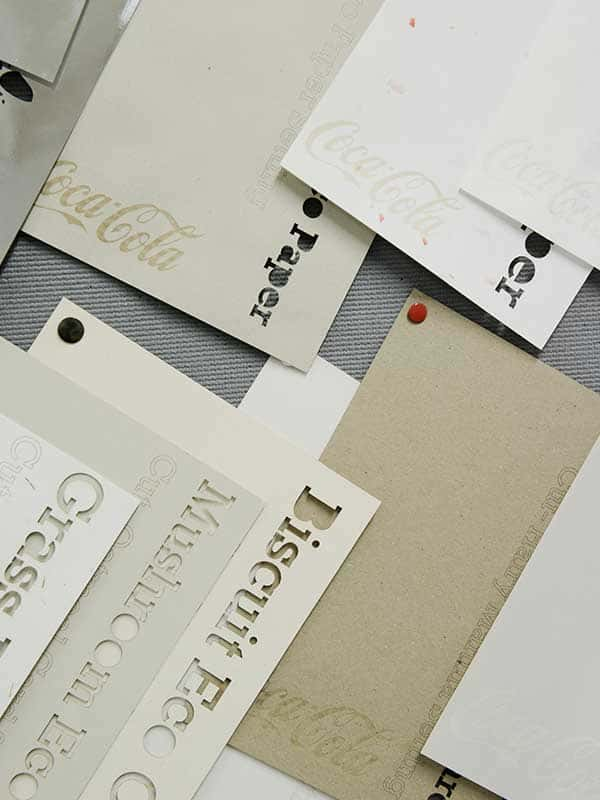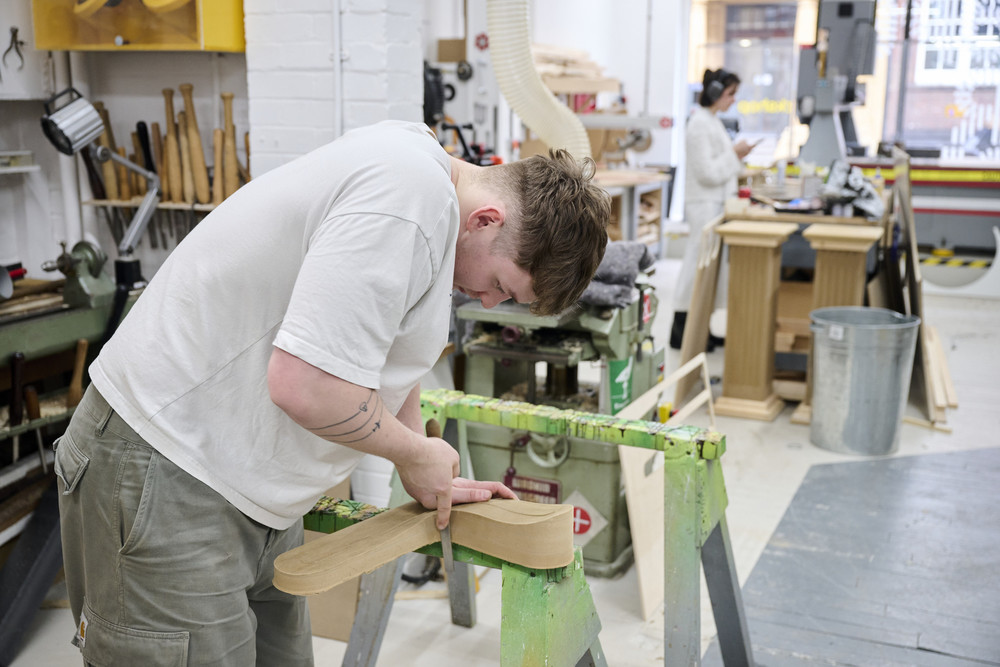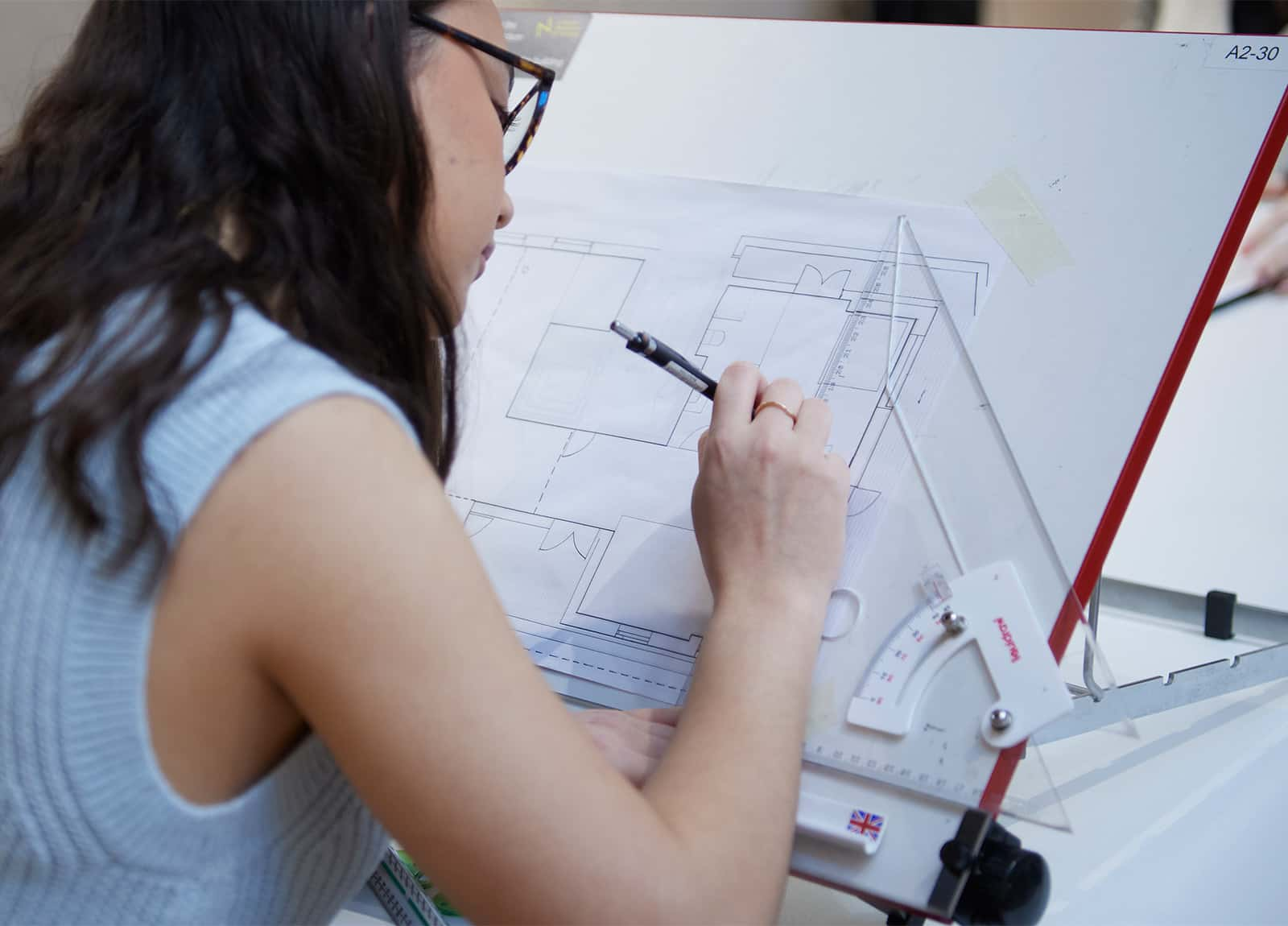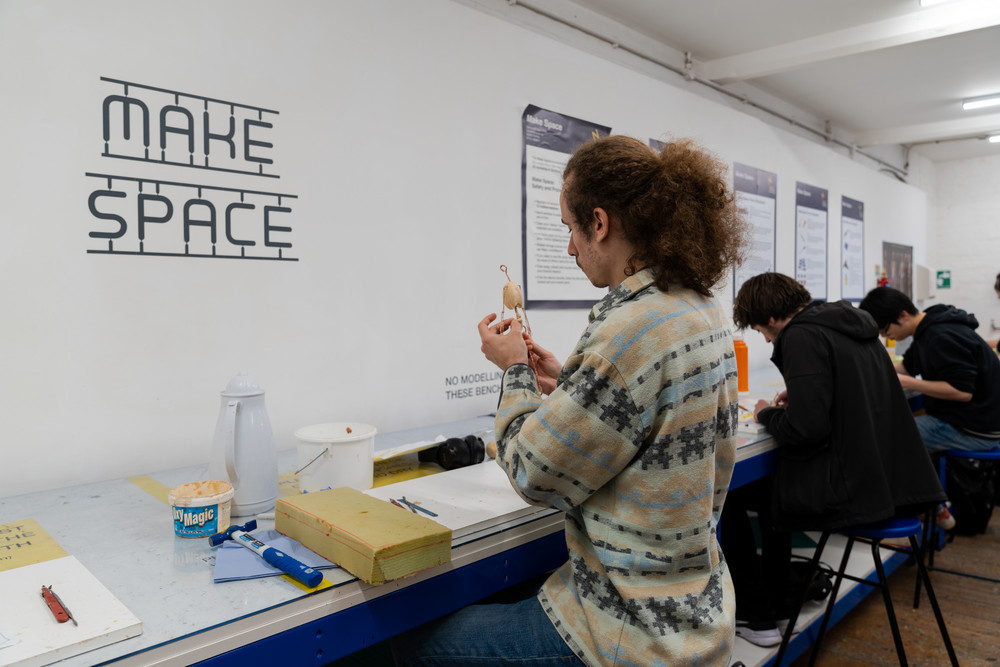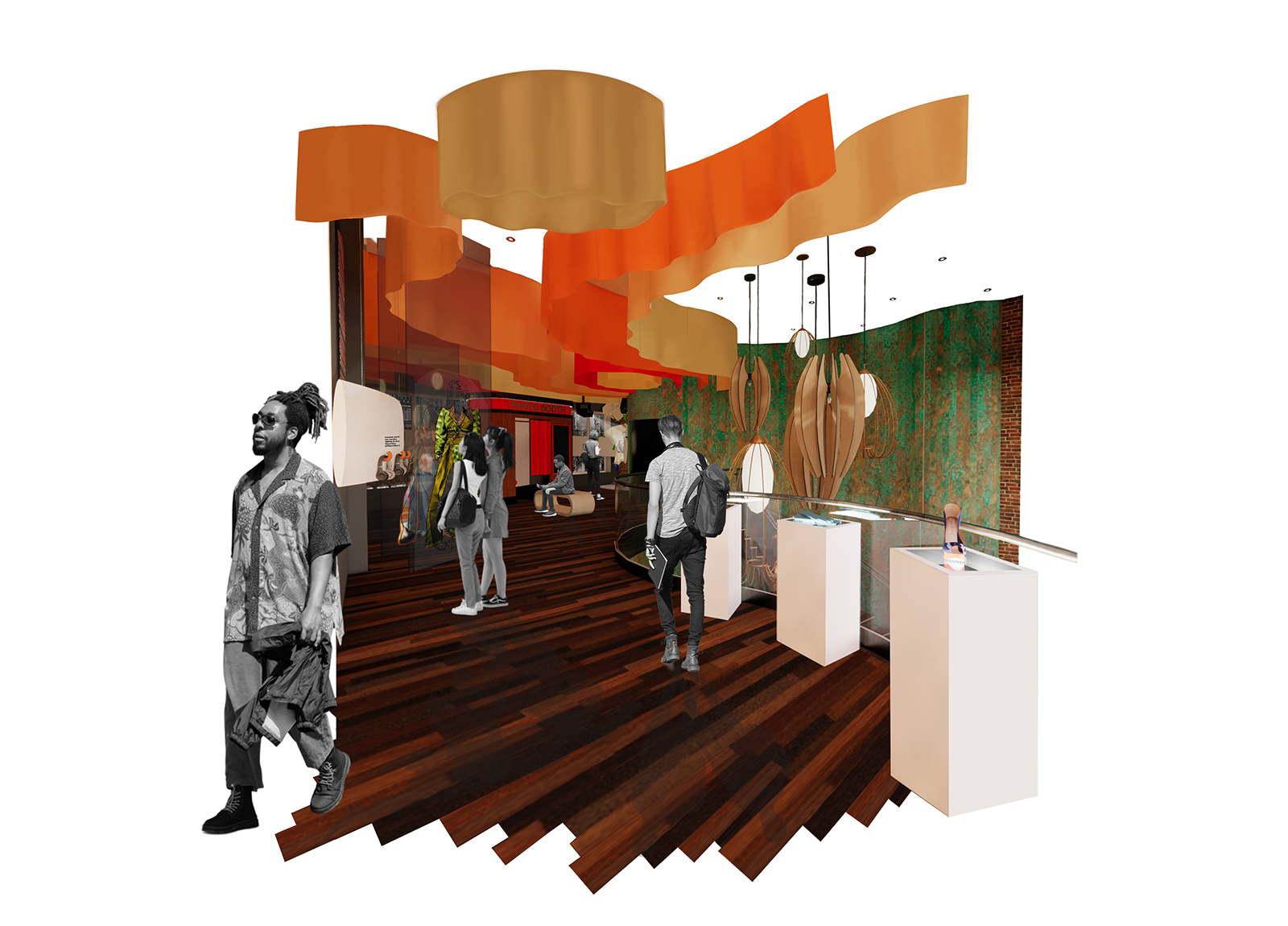
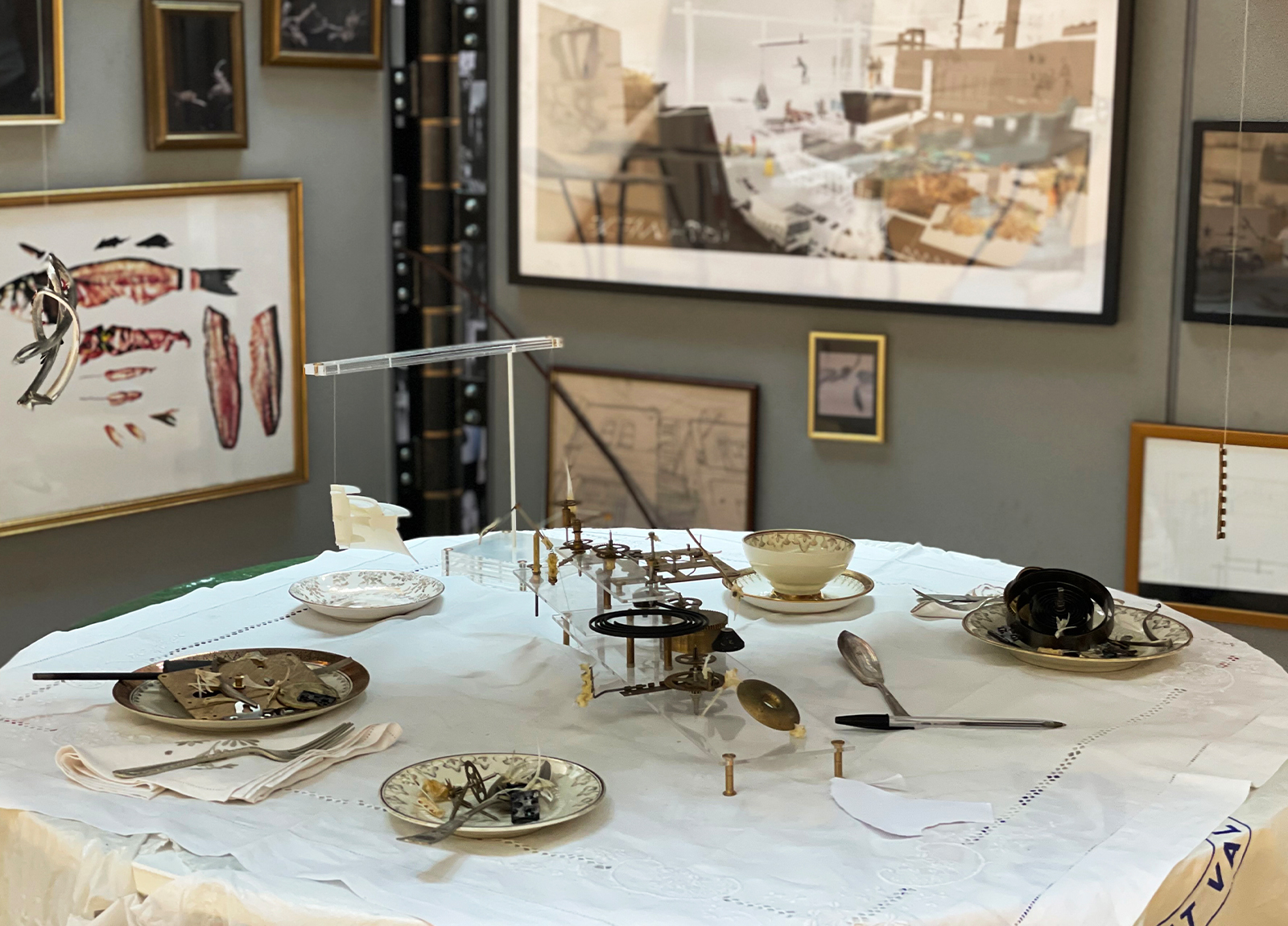
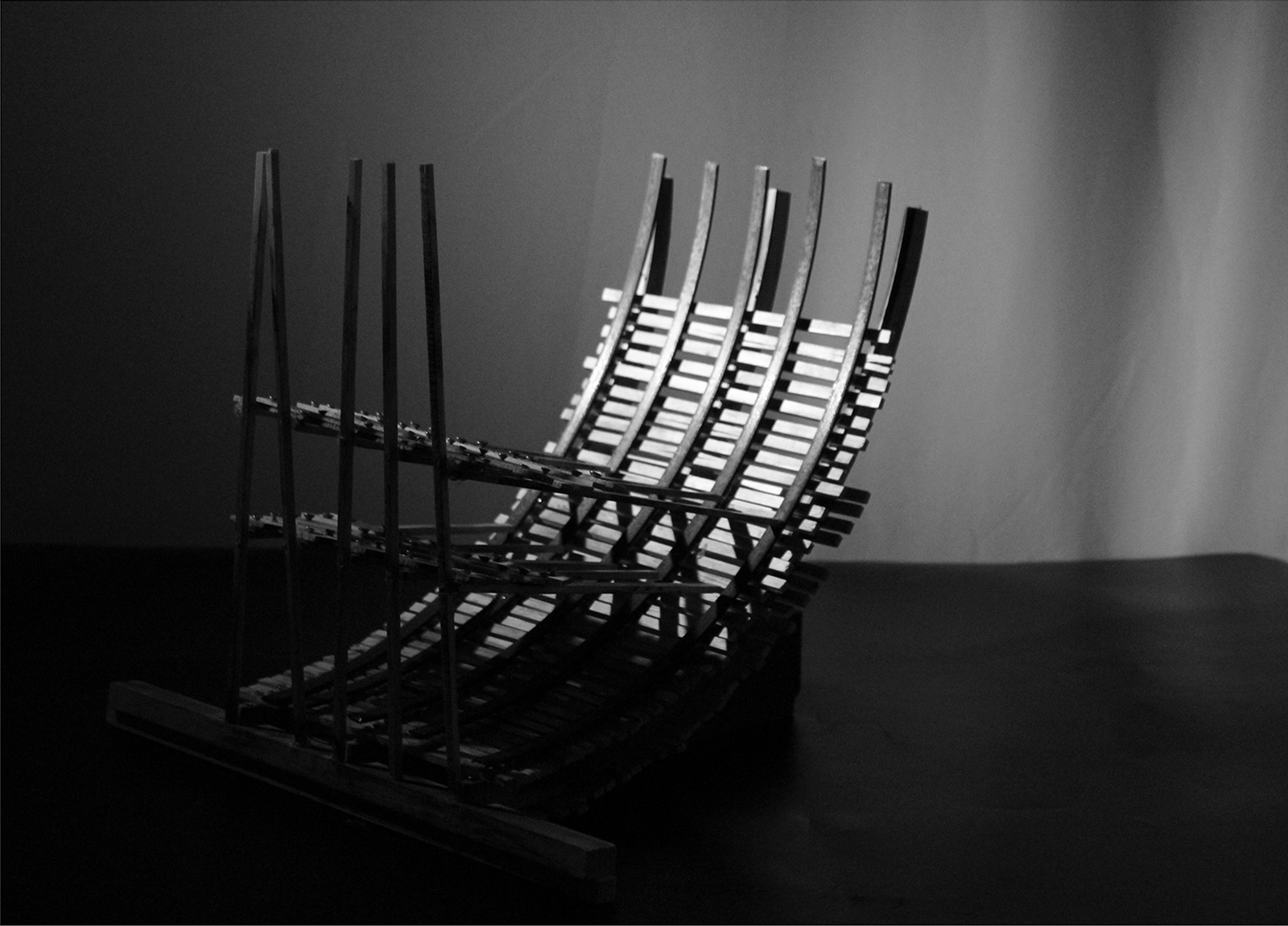
Architecture BA (Hons)
Push the boundaries of how we think about people, culture and the environment to create innovative and responsible design.
-
Course Duration
3 or 4 Year options
-
Course Options
Intergrated Foundation Year
-
Typical Offer
104-120 UCAS Tariff Points
- How to Apply Request a prospectus
-
Annual Fees
- Home (full-time) £9,790
- Overseas (full-time) £18,860
-
UCAS code
- K100 (3 Year), K101 (4 Year)
- Institution code: N39
-
Course Start
September 2026
BA (Hons) Architecture is your first step towards a successful career as a registered architect or in a related profession. The programme is organised in four streams: design studio, technology and environment, cultural context and professional studies, to equip you with the real-world skills and critical understanding to develop new forms of architectural practice.
Accreditations
- Loading…
Why Study with us
-
You’ll share studio and workshop spaces with our Interior Design
course ensuring students benefit from a lively and vibrant studio culture that mirrors the workplace. -
Become part of the next generation of architects and creatives; help shape the physical environment by creating meaningful and inspiring structures, which enhance the experience and improve the quality of life of their users.
-
Obtain a keen sense of space, explore architecture as a catalyst of spatial transformation and develop the sensibility to understand how people interact with their surroundings.
-
Discover how tangible and intangible aspects of architecture are visually and verbally studied, modelled, communicated, appreciated and critically appraised.
-
Develop the ability to think critically and find creative solutions in various fields including and beyond architecture. Learn through the interdisciplinary collaborations and the cultural and creative challenges provided by a specialist creative arts university.
-
Create concepts of exciting spaces and buildings of different scales; contribute to the creation of structures that integrate structural, environmental and material considerations and promote well-being, social interaction and sustainability.
-
Address global challenges and environmental emergency, exploring how they affect regional issues such as coastal architecture, modern vernacular design, new sustainable materials, and conservation and rehabilitation projects.
Course Details
Integrated Foundation Year (optional)
Integrated Foundation Year
Our Integrated Foundation Year is designed to equip students with the necessary skills, knowledge and confidence to thrive in their chosen degree subject. The course provides a comprehensive introduction to various disciplines, blending critical thinking and creative problem-solving with practical hands-on experience. This year serves as a bridge to undergraduate studies, allowing students to explore their interests within a supportive and inspiring environment, while familiarising themselves with the campus, workshops, and tutors.
Year 1
Core Units
Creative Learning — Body, Surface, Spaces (40 credits)
This unit forms part of a shared first-year curriculum for Architecture and Interior Design students, establishing a broad and integrated foundation in spatial and design thinking. It aims to introduce you to the fundamentals of architectural and spatial practice as you begin your studies, supporting the development of core skills and ways of thinking common to both disciplines. Through a series of carefully structured projects and exercises, you will explore key concepts such as scale, material, site, and context, and how these influence and inform the design of the built environment.
You will learn to observe, understand, and make architecture using a variety of media—including drawing, writing, and model-making—while engaging with cultural, sustainable, and ethical ideas that shape contemporary design. This process will help you to develop a critical and creative approach to spatial design, as well as confidence in your ability to represent and communicate ideas effectively.
40 credits
Explore and Experiment — Body, Surface, Spaces (80 credits)
This unit continues your exploration of creative spatial design, emphasising the interrelationship between body, surface, and space. Through a series of carefully structured design projects, you will engage in spatial experimentation using both drawing and making as investigative tools. You will examine how space and place are formed and experienced, supported by the integration of technical and environmental design strategies. Emphasis will be placed on sustainable and responsible approaches to making—considering climate, comfort, light, material use, and carbon impact.
The unit also supports the development of key professional competencies, including planning and organisation, visual, written, and spoken communication, and effective teamwork. These skills will be developed within the shared context of Architecture and Interior Design, encouraging interdisciplinary collaboration and a broader understanding of spatial practice.
80 credits
Core Projects
Wayfinding Week
The first week of each academic year is called Wayfinding week. It’s an opportunity get your bearings, establish new connections and, after your first year at Norwich, re-establish old ones. Your course team will talk you through the year ahead and explain the expectations for the year. We’ll help you navigate new encounters and identify areas to focus on as you progress through your course.
Make it Manifest(o)
An important element of Wayfinding Week is taking part in our annual ‘Make it Manifest(o)’ project. Your course team will introduce the project in which we’ll ask you to consider your hopes and vision of the year ahead at Norwich and work with students in other year groups to bring your ideas to life. The project culminates in a celebratory display of work across the campus. The project will help you to develop your critical creativity through different approaches, concepts, and mediums. You’ll encounter diverse perspectives and build friendships and networks within our university community.
Interchange Week
Interchange weeks are opportunities to step away from your disciplinary studies and engage in projects, workshops, visits and talks that extend your knowledge and understanding of the world. Whether you learn a new skill or take part in a global challenge project with students from other courses, you will come away with new insights to take back to your course. Interchange is part of the schedule for all Norwich students with sessions held across and beyond the campus led by university staff, visiting lecturers and students.
Year 2
Core Units
Societies: Thresholds and Intersections (40 credits)
In this unit, you will explore architectural design at the scale of society, investigating how built environments mediate between individuals and communities in contemporary urban life. You will consider spaces shaped by politics, culture, identity, economy, and climate, and test design strategies that address rural and urban contrasts, sustainability, and social engagement. Through design briefs you will refine architectural propositions that integrate technical concerns such as climatic resilience and material performance, while experimenting with drawing, modelling, and digital media to represent and communicate ideas. The overall aim of the unit is to research, reveal and represent the societal meeting points and gateways where identities, ideologies, networks, and spatial practices meet, collide, and negotiate.
This unit encourages you to situate your work within wider debates about architecture’s role in shaping collective life. You will be supported to link conceptual thinking with practical experimentation, strengthening your ability to test ideas critically and communicate them clearly to different audiences.
40 credits
Societies: Collectives and Aggregations (80 credits)
In this unit, you will expand your exploration of societal space by developing larger architectural propositions that focus on collective inhabitation and the relationships between people, places, climates, and histories. Working across multiple scales, you will research and test ideas that address rural and urban conditions, cultural and political contexts, and global and inclusive approaches to design. Through drawing, modelling, digital media, and collaborative research, you will investigate how architecture can generate responsive and resilient aggregates that support communities and creative collectives. These projects will be grounded in real-world contexts, supporting a mode of practice that embraces exchange and advocates for architecture that is restorative, socially and climatically responsive, and resilient rather than prescriptive.
You will be challenged to consider how different systems of regulation, culture, and identity shape spatial outcomes, and to reflect on the ethical implications of your design choices. Collaboration and co-research will form a vital part of your process, strengthening skills in teamwork and negotiation.
80 credits
Core Projects
Wayfinding Week
The first week of each academic year is called Wayfinding week. It’s an opportunity get your bearings, establish new connections and, after your first year at Norwich, re-establish old ones. Your course team will talk you through the year ahead and explain the expectations for the year. We’ll help you navigate new encounters and identify areas to focus on as you progress through your course.
Make it Manifest(o)
An important element of Wayfinding Week is taking part in our annual ‘Make it Manifest(o)’ project. Your course team will introduce the project in which we’ll ask you to consider your hopes and vision of the year ahead at Norwich and work with students in other year groups to bring your ideas to life. The project culminates in a celebratory display of work across the campus. The project will help you to develop your critical creativity through different approaches, concepts, and mediums. You’ll encounter diverse perspectives and build friendships and networks within our university community.
Interchange Week
Interchange weeks are opportunities to step away from your disciplinary studies and engage in projects, workshops, visits and talks that extend your knowledge and understanding of the world. Whether you learn a new skill or take part in a global challenge project with students from other courses, you will come away with new insights to take back to your course. Interchange is part of the schedule for all Norwich students with sessions held across and beyond the campus led by university staff, visiting lecturers and students.
Year 3
Core Units
Architectural Ecologies I (40 credits)
In this unit, you will shift focus from social space to socio-ecological systems, exploring how architecture engages with climates, species, materials, energies, and habitats across scales from the microscopic to the planetary. You will investigate contexts of environmental strain and climate vulnerability, considering architecture’s role in ecological justice, care, repair, and resistance. Through site investigations, theoretical readings, and iterative design work, you will test non-anthropocentric frameworks that examine co-existences between humans, animals, and nonhuman agents. Your research will integrate tectonic systems, material reuse, and environmental analysis alongside narrative development and structural detailing, encouraging sustainable and resilient approaches to design.
The unit supports you in forming a clear research agenda that connects critical theory with experimental practice. You will develop the ability to position your work in relation to ecological debates, preparing you for the integrated design project in Architectural Ecologies II.
40 credits
Architectural Ecologies II (Final Integrated Project) (80 credits)
In this unit, you will build on the research and critical positioning developed in Architectural Ecologies I to translate socio-ecological investigations into an integrated architectural project. You will develop narrative, environmental and technological integration, theoretical study, and professional ethics to develop a design proposition that addresses social and environmental challenges. Working iteratively, you will refine proposals through tectonic articulation, structural integration, and environmental sensitivity, developing spatial programmes that respond to site conditions and wider global networks. Professional Studies is embedded throughout, focusing on ethics, compliance, and employability, supporting reflection on the responsibilities of architects working in a time of systemic inequality and climate vulnerability. The aim of this unit is for you to frame your integrated design project where architecture is understood as a mediator of ecological relations — bridging material and social scales across time and space.
This unit represents the culmination of your undergraduate study, requiring you to demonstrate independence, technical competence, and critical insight. It is an opportunity to define your architectural voice and present a project that articulates your position within contemporary debates about society, ecology, and professional practice.
80 credits
Core Projects
Wayfinding Week
The first week of each academic year is called Wayfinding week. It’s an opportunity get your bearings, establish new connections and, after your first year at Norwich, re-establish old ones. Your course team will talk you through the year ahead and explain the expectations for the year. We’ll help you navigate new encounters and identify areas to focus on as you progress through your course.
Make it Manifest(o)
An important element of Wayfinding Week is taking part in our annual ‘Make it Manifest(o)’ project. Your course team will introduce the project in which we’ll ask you to consider your hopes and vision of the year ahead at Norwich and work with students in other year groups to bring your ideas to life. The project culminates in a celebratory display of work across the campus. The project will help you to develop your critical creativity through different approaches, concepts, and mediums. You’ll encounter diverse perspectives and build friendships and networks within our university community.
Interchange Week
Interchange weeks are opportunities to step away from your disciplinary studies and engage in projects, workshops, visits and talks that extend your knowledge and understanding of the world. Whether you learn a new skill or take part in a global challenge project with students from other courses, you will come away with new insights to take back to your course. Interchange is part of the schedule for all Norwich students with sessions held across and beyond the campus led by university staff, visiting lecturers and students.
Download course specifications

Learning and teaching
This course is taught through a mixture of learning and teaching methods including:
-
Group briefings
-
Academic tutorials
-
Group tutorials
-
Workshops
-
Critiques (crits)
-
Seminars
-
Lectures
Assessment
Assessment for this course is entirely coursework-based, meaning there are no exams. Your progress will be evaluated through the projects and assignments you complete for each unit. Throughout the year, you’ll receive ongoing feedback to help you refine your work and develop your skills. To support your learning and ensure you achieve the course outcomes, we use a variety of assessment methods, including:
- Finished pieces of work
- Presentations
- Written work
- Your research
- A reflective journal
Some of the people you’ll be working with
-
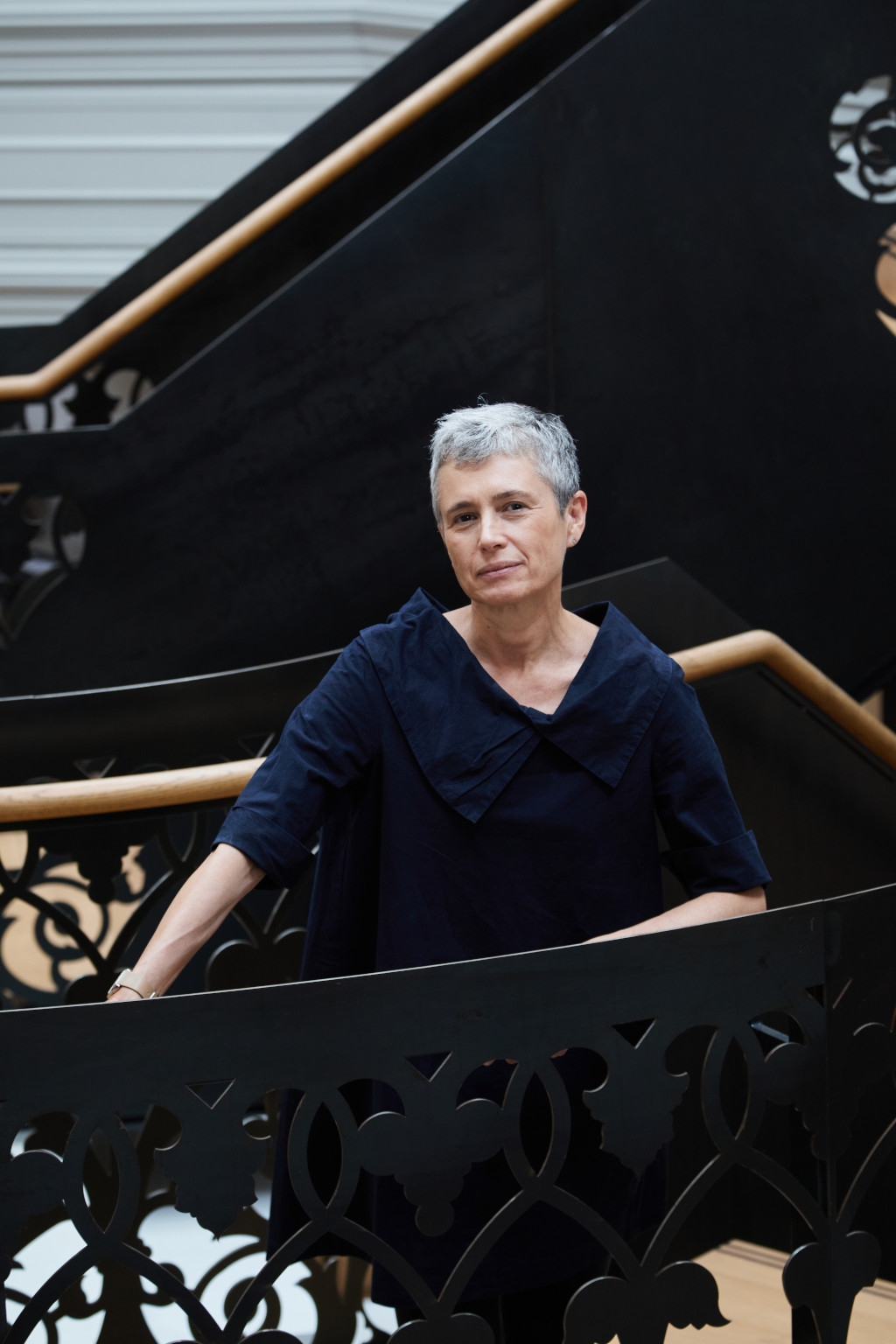
Professor Teresa Stoppani
Director of Architecture and Interior Design
-
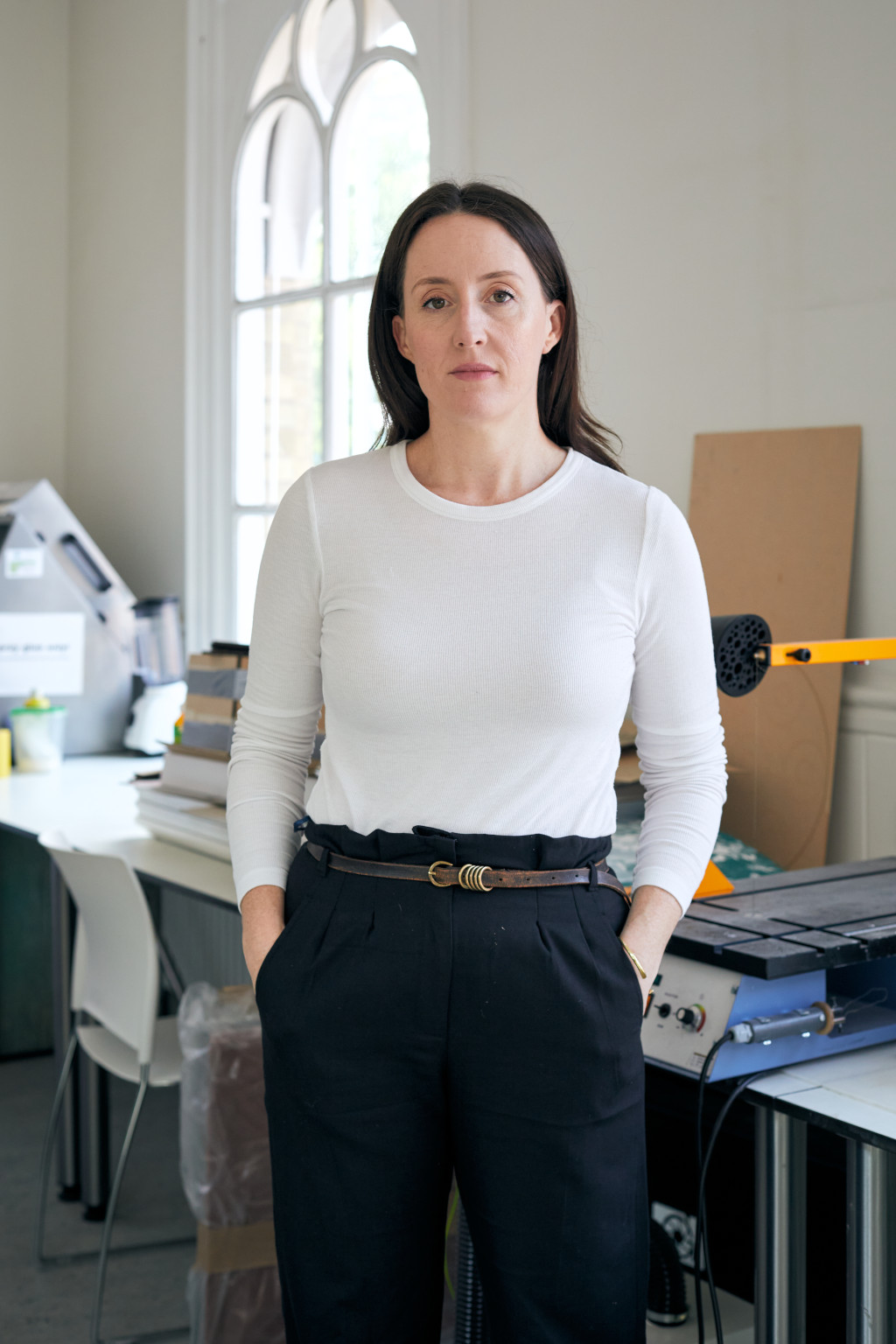
Claudia Morgado
Course Leader, Architecture
-
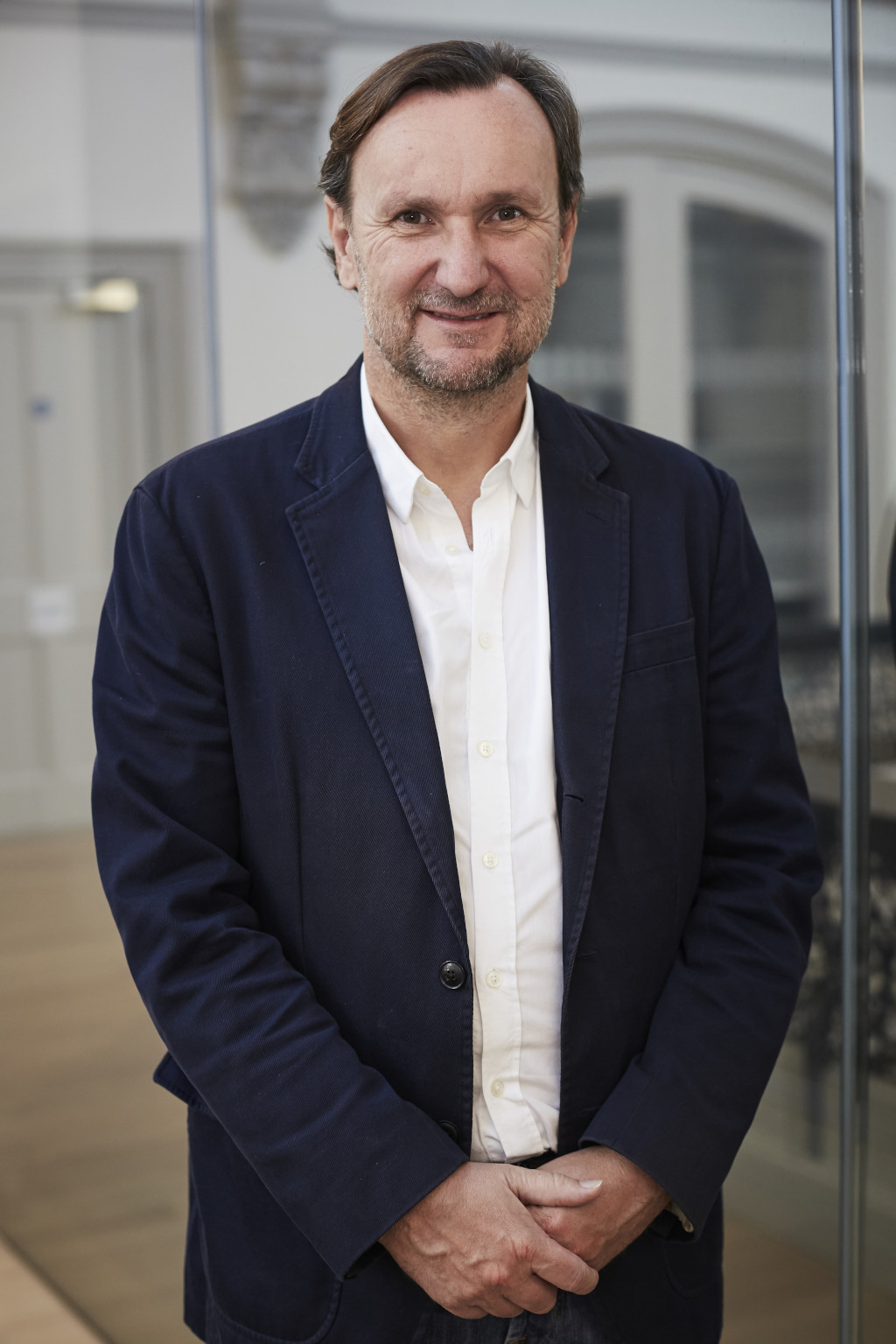
Jonathan Ellis-Miller
Associate Professor
-
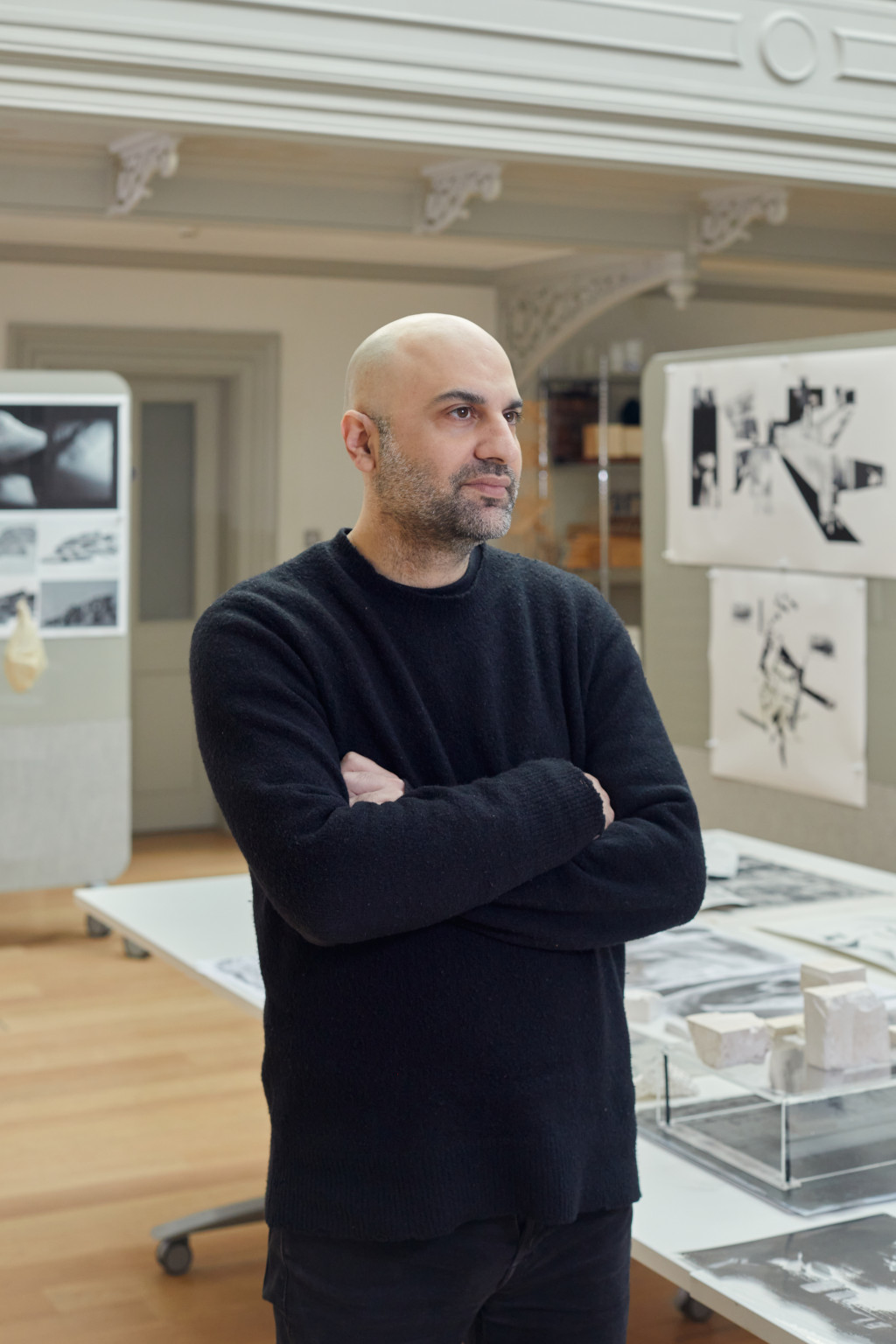
Dr George Themistokleous
Senior Lecturer
-
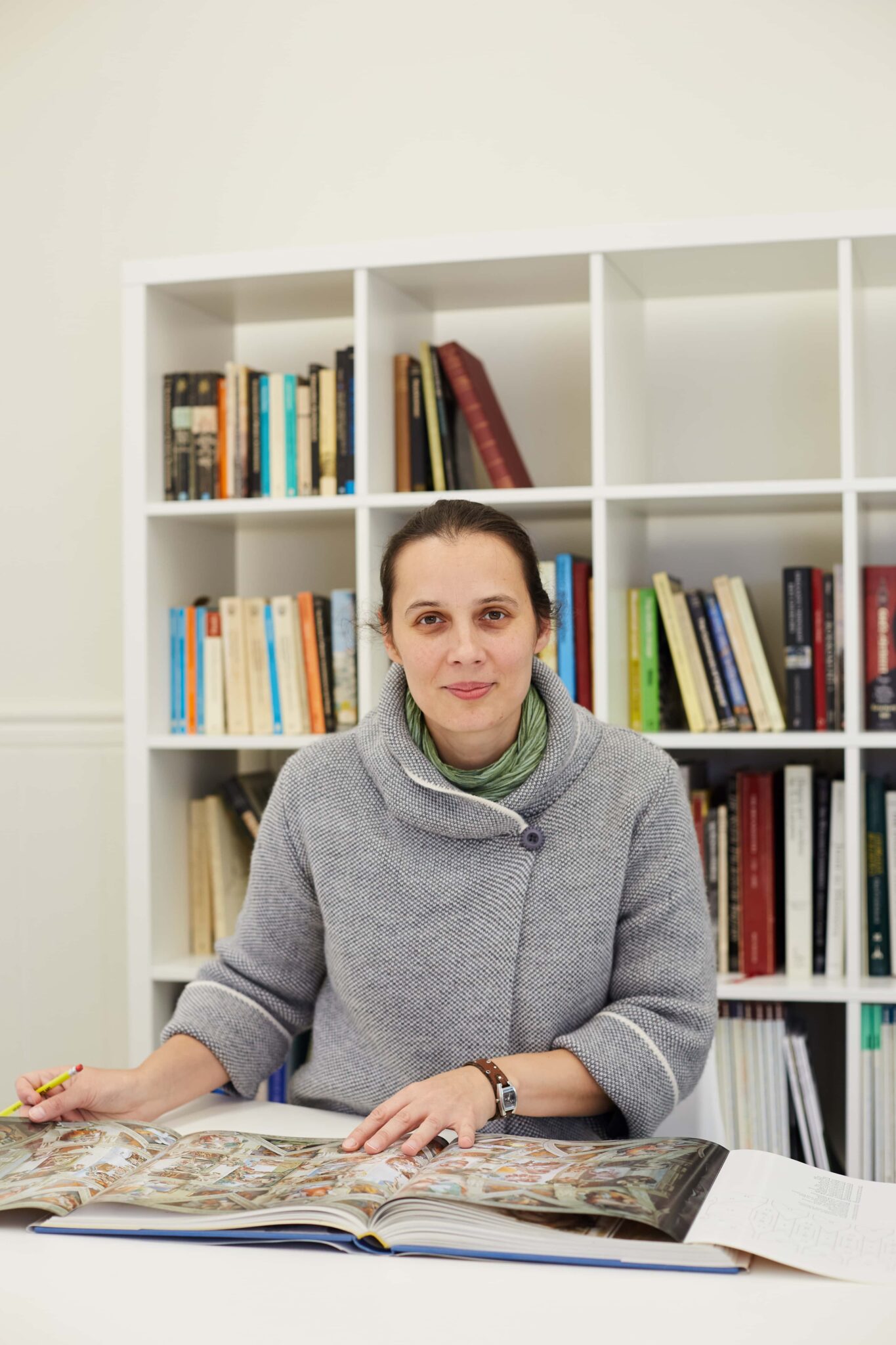
Dr Iuliana Gavril
Senior Lecturer
-
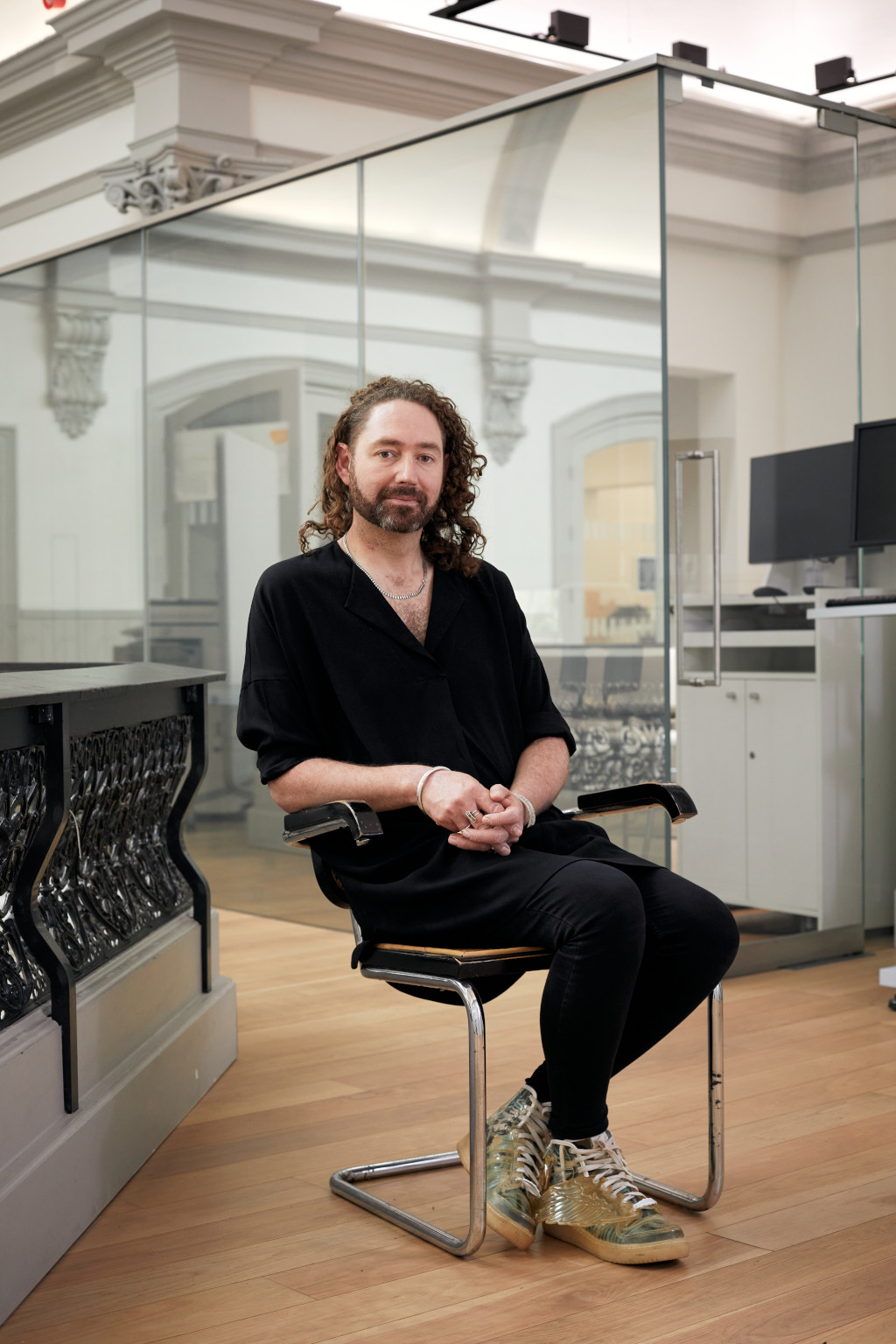
Jason Wiggin
Senior Lecturer
-
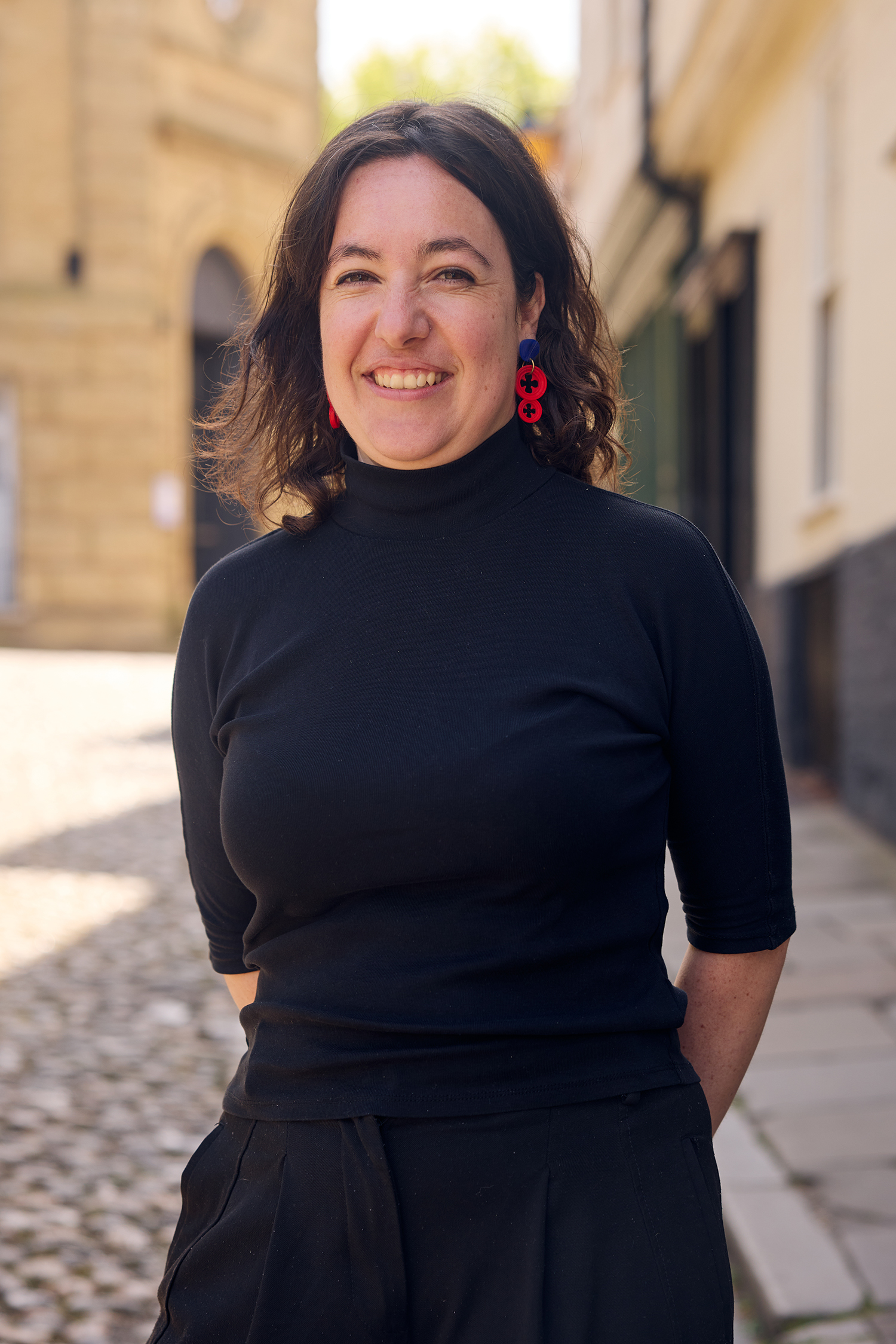
Sarah de Villiers
Lecturer
-
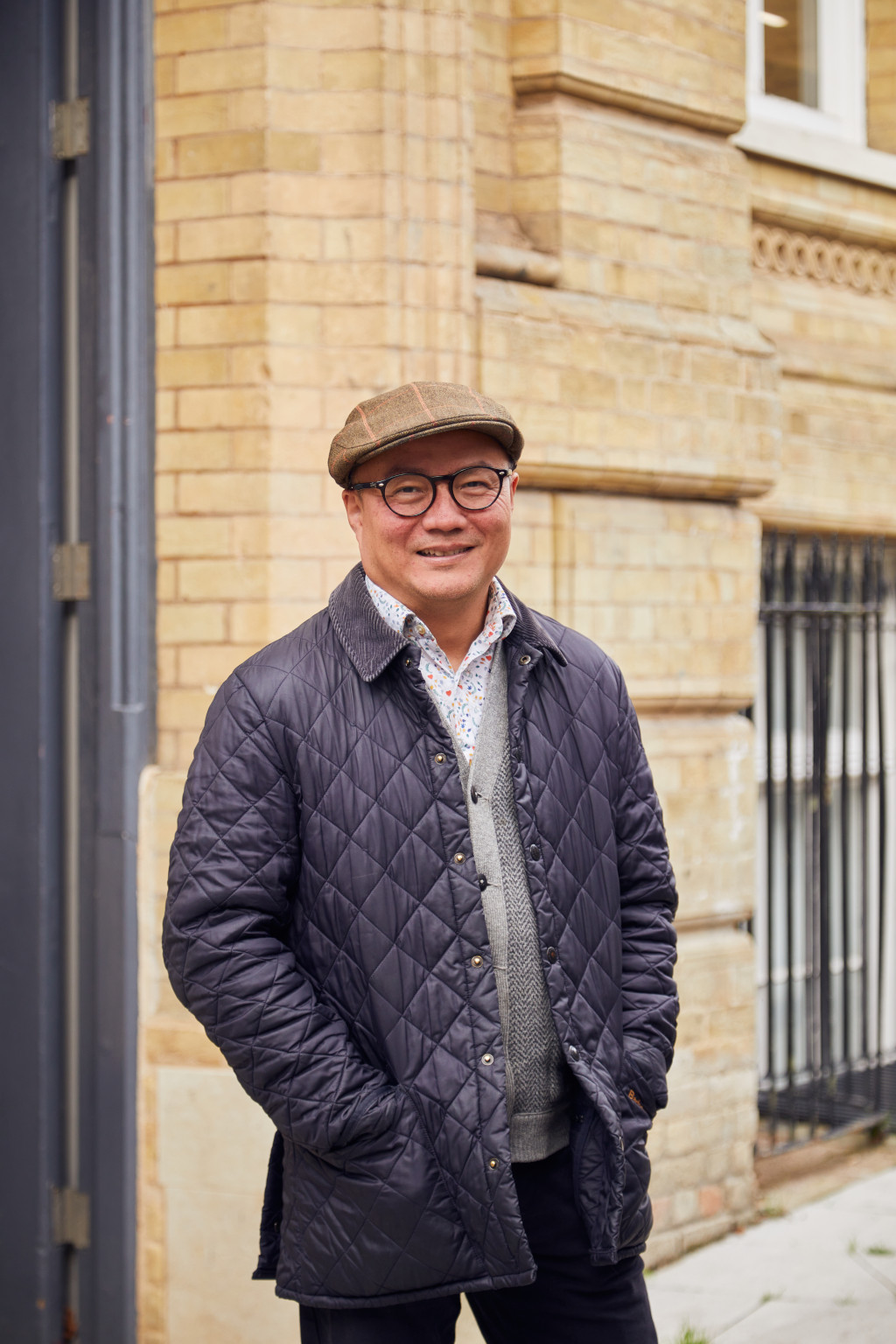
William Hailiang Chen
Lecturer
Our Facilities
Look around our city-centre campus, and you will find studios, media labs, and creative spaces in 13 buildings that sit among the cafés, bars, independent galleries and shops of Norwich’s cultural quarter.
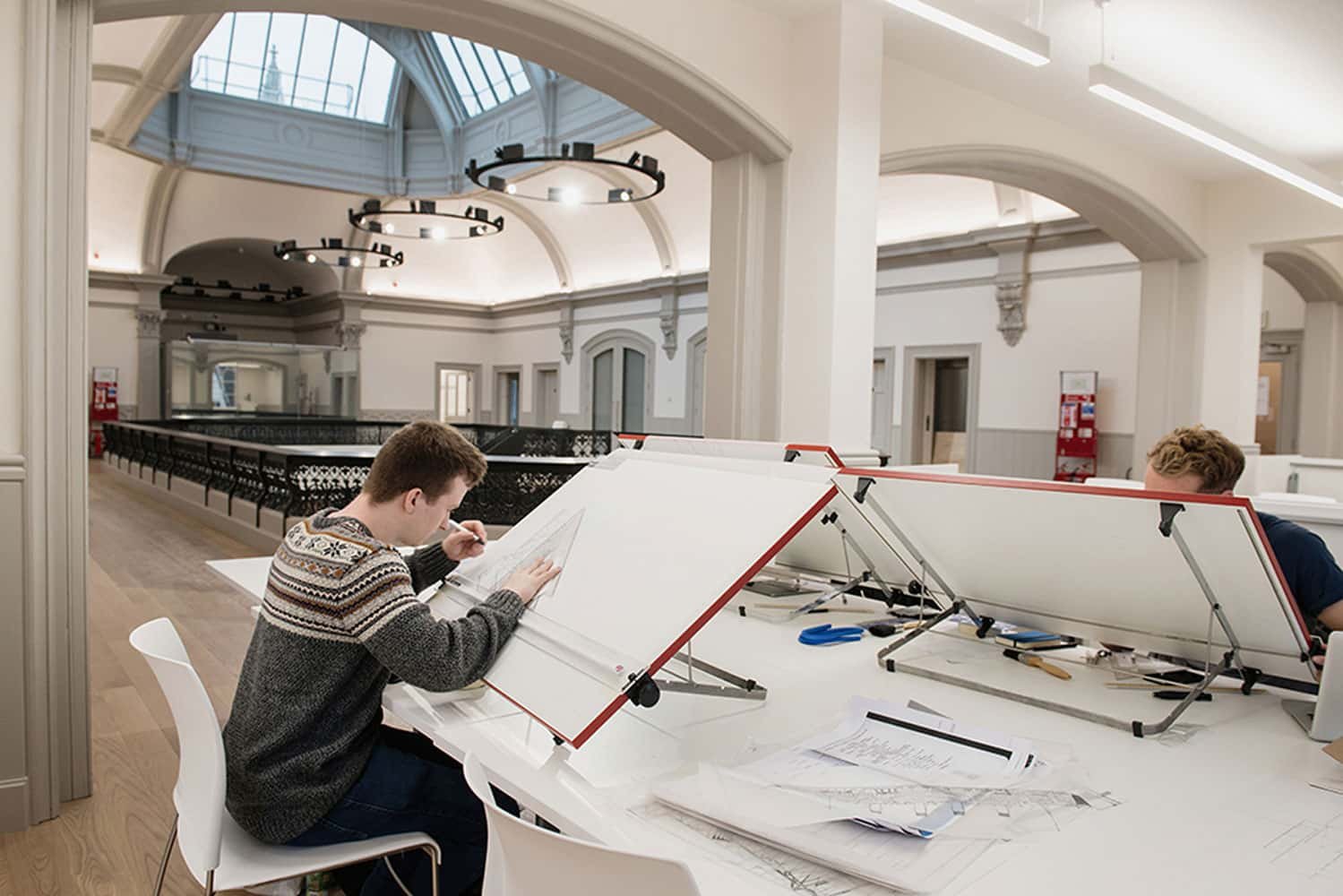
Typical career paths
By the end of your degree, you’ll have gained a set of transposable skills to meet or exceed the assessed benchmark requirements for ARB Part 2 qualification (Masters).
Our close links to the profession will give you the chance to meet and learn from our regional partners, including Feilden+Mawson, Purcell, LSI Architects, Hamson Barron Smith and Hudson Architects. Architecture graduates have been selected for RIBA East Awards, the TRADA University Challenge and the Design and Craftsmanship Awards.
- Architect
- Architectural assistant
- Designer
- Project manager
- Site manager
- Surveyor
- Architectural technician
- Consultant
- CAD renderer
- Product designer
- Town planner
- Architectural historian
- Conservationist
- Environmental consultant
- Architectural curator
- Model maker
- Landscape designer
- Architecture journalist
Joining the Uk Register of Architects
Under the Architects Act 1997, only those on the Architects Register are permitted to use the title of ‘Architect’ in business or practice in the UK. The current route to registration involves completion of three accredited qualifications – Part 1, Part 2, and Part 3 – and a minimum of 24 months professional experience. After completion of these components, you can register as an Architect with the Architects Registration Board (ARB) and join the Royal Institute of British Architects (RIBA) as a Chartered Architect.
In 2023, the ARB published and consulted on proposals for a new framework for the initial education and training of Architects, under the title Tomorrow’s Architects. Under the new framework, you will need to hold an ARB-accredited master’s-level qualification and an accredited practice qualification (or an accredited combined qualification) that show you have met the necessary Competency Outcomes (the threshold competencies that all architects on the Register are expected to have) and have the practice experience required to join the Register of Architects and become an Architect.
“92% of our graduates are in employment or further education within six months of graduating”
Graduate Outcomes 2021
Entry requirements
Home
Norwich University of the Arts welcomes applicants of all ages from all backgrounds.
If the qualification that you are studying is not shown, do not worry as we are able to accept other pre-entry qualifications as well as combinations of different qualifications.
Please do contact our Student Recruitment Team if you have any queries.
A/AS Levels (GCE)
GCE A/AS Levels 3 A-level qualifications at grades BBC (112 UCAS Tariff points) or above. Where candidates are not taking 3 A-levels, Norwich University of the Arts will consider combinations of A-level/AS-level and other Level 3 qualifications.
BTEC Extended Diploma (QCF or RQF)
Distinction, Merit, Merit in an art, design or media related subject
BTEC Diploma (QCF or RQF)
Distinction*, Distinction* in an art, design or media related subject
T Levels
A T Level in any subject with overall grade A* to C (Pass)
UAL Extended Diploma
Merit
UAL Level 3 Foundation Diploma in Art and Design
Pass
UAL Level 4 Foundation Diploma in Art and Design
Pass
Foundation Diploma in Art and Design
Pass
Access to Higher Education Diploma (Art and Design)
Pass
International Baccalaureate Diploma
A minimum of 26 points
Integrated foundation year (optional)
Norwich University of the Arts welcomes applicants of all ages from all backgrounds.
If the qualification that you are studying is not shown, do not worry as we are able to accept other pre-entry qualifications as well as combinations of different qualifications.
Please do contact our Student Recruitment Team if you have any queries.
A/AS Levels (GCE)
GCE A/AS Levels 2 A-level qualifications at grades CC (64 UCAS Tariff points) or above.
BTEC Extended Diploma (QCF or RQF)
Merit, Merit, Pass in an art, design or media related subject
BTEC Diploma (QCF or RQF)
Distinction*, Merit in an art, design or media related subject
T Levels
Pass (D or E on the core)
UAL Extended Diploma
Pass
UAL Level 3 Foundation Diploma in Art and Design
Pass
UAL Level 4 Foundation Diploma in Art and Design
Pass
Foundation Diploma in Art and Design
Pass
International Baccalaureate Diploma
A minimum of 26 points
Additional requirements for BA (Hons) Architecture
GCSE passes at Grade 4 or above in English, Maths, and a Science subject.
Norwich University of the Arts welcomes applicants of all ages from all backgrounds.
Your application will be primarily assessed through your portfolio (if required), responses to questions asked and personal statement, so even if you have no formal qualifications or do not meet our typical offers it can still be worth applying.
If you are studying at the time of your application and your application is successful it is likely that you will receive a conditional offer.
If the qualification that you are studying is not shown, do not worry as we are able to accept other pre-entry qualifications as well as combinations of different qualifications. Please do contact our Student Recruitment Team if you have any queries.
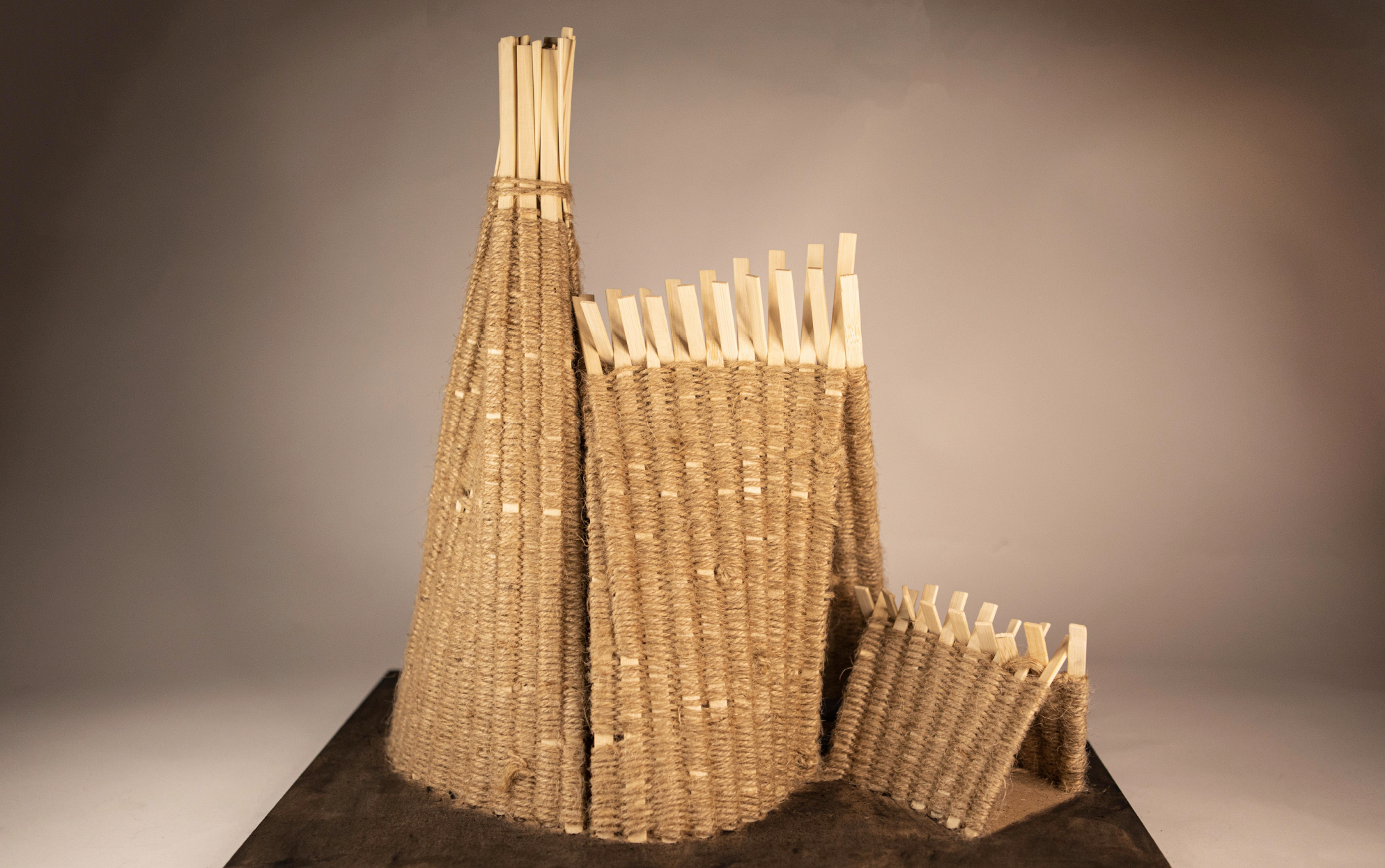
Fees and funding
Home
Tuition fees for the 2026/27 academic year
- BA course (three year): £9,790 per year
- Integrated Foundation Year (optional): £9,790 per year
- Level 5 Diploma Year (optional): £9,790 year
The level of fee that you will be asked to pay depends on whether you’re classed as a UK (home) or international student. Check your fee status.
Fees for subsequent years
Tuition fees may increase in subsequent years in line with inflation, subject to government regulations. The inflation rate used is expected to be the Retail Price Index excluding mortgage payments (RPIX). We would confirm this in advance to you of each academic year.
Find our more about fees and funding
Funding your study
Depending on your circumstances, you may qualify for a bursary, scholarship or loan to help fund your study and enhance your learning experience.
International
Tuition fees for the 2026/27 academic year
- BA course (three year): £18,860
- Integrated Foundation Year (optional): £18,860
- level 5 Diploma year (optional): £18,860
The level of fee that you will be asked to pay depends on whether you’re classed as a UK (home) or international student. Check your fee status.
Fees for subsequent years
For Overseas students starting in 2026 inflation will be applied to your fees in later years. We will confirm this in advance to you of each academic year, and we will limit the increase to no more than the Office for Students’ recommended inflationary measure.
Find our more about fees and funding
Funding your study
Please take a look at our International students page for information about fees, scholarships for international students, visas and much more.
Additional costs
Your course fees cover the cost of studies, and include loads of benefits, such as the use of our library, support from our expert employability team, access to workshops and free use of the IT equipment across our campuses. There are also other costs which you may need to consider.
How to apply
Home
All applications for undergraduate courses will need to be made via the Universities and Colleges Admissions Service (UCAS).
You’ll need our university UCAS code (N39) as well as your course code which you’ll find on your course page.
When you register with UCAS you will need include your previous and current qualifications information, personal statement, and reference.
Once we receive your application form through UCAS, we will email confirmation that we have received it and will give you access and instructions for logging into the applicant portal. Our decision will be communicated via UCAS.
Applying for an undergraduate degreeInternational
Full-time Undergraduate International applicants can either apply via UCAS or directly by completing the online application form below or emailing the downloadable form to ioadmissions@norwichuni.ac.uk
Online Application Form (opens in a new window)For further support for international applicants applying for an undergraduate degree view our international pages.
-
Theo Galvin
Architecture BA (Hons)
Kelsey Fordham
Architecture BA (Hons)
Megan Petts
Architecture BA (Hons)

-
“The tutors are always there to push you further and take your project to the next level. I have noticed that tutors take the time to understand each student’s projects, allowing them to personalise their guidance and support the student’s development.”
Tracey Lin
BA (Hons) Architecture
Read Tracey’s blog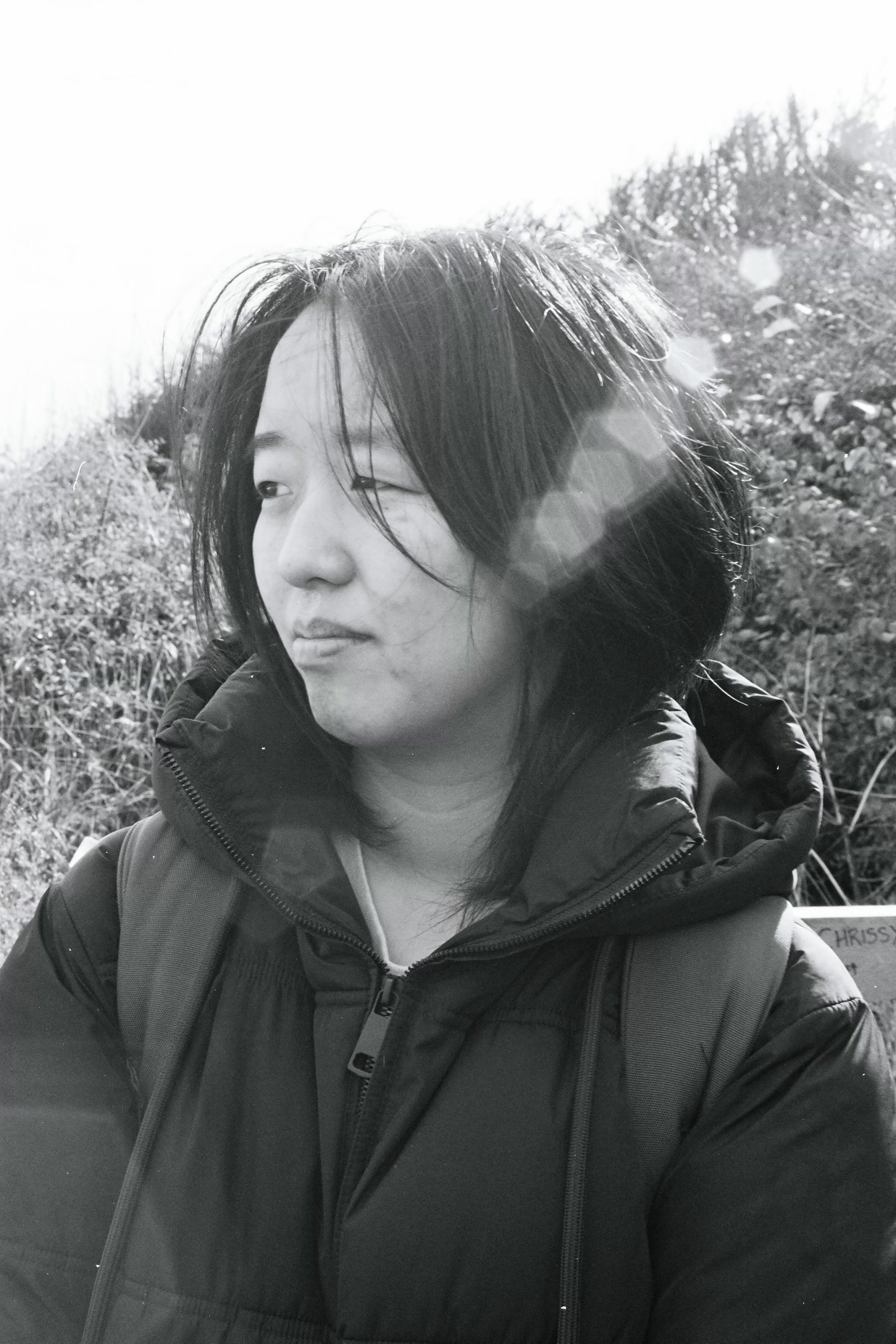
Latest news
-
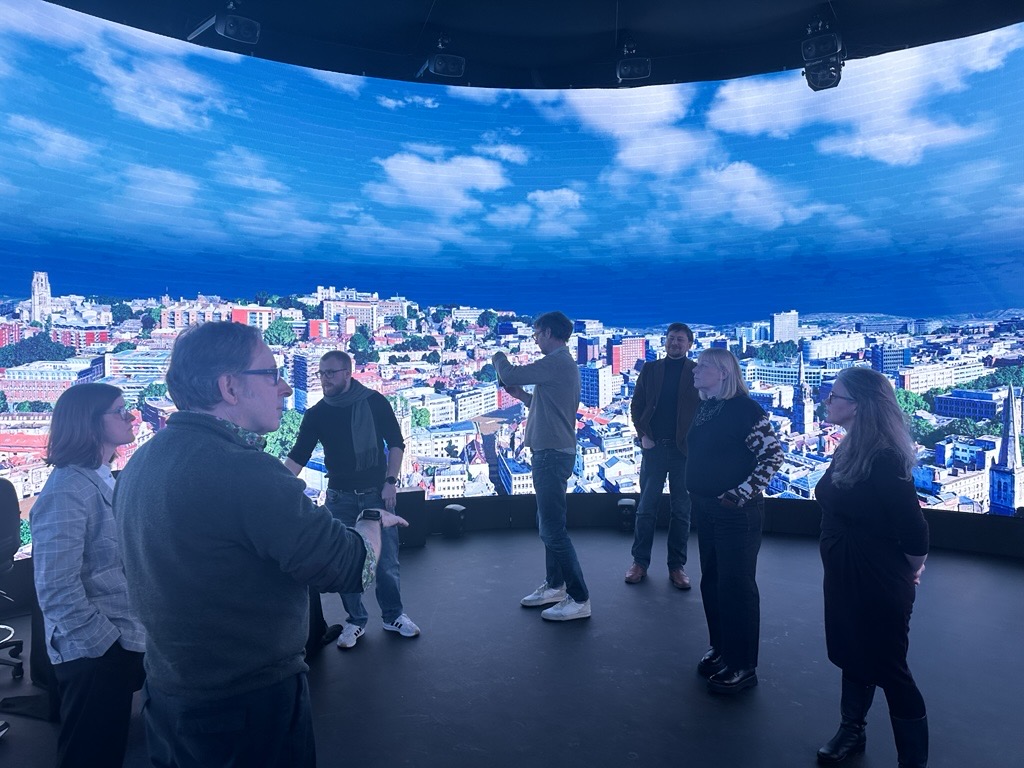 Institution •
Institution •Norwich University of the Arts showcases institutional and research achievements to Research England
The University was delighted to welcome representatives from Research England, to share key institutional and research developments. -
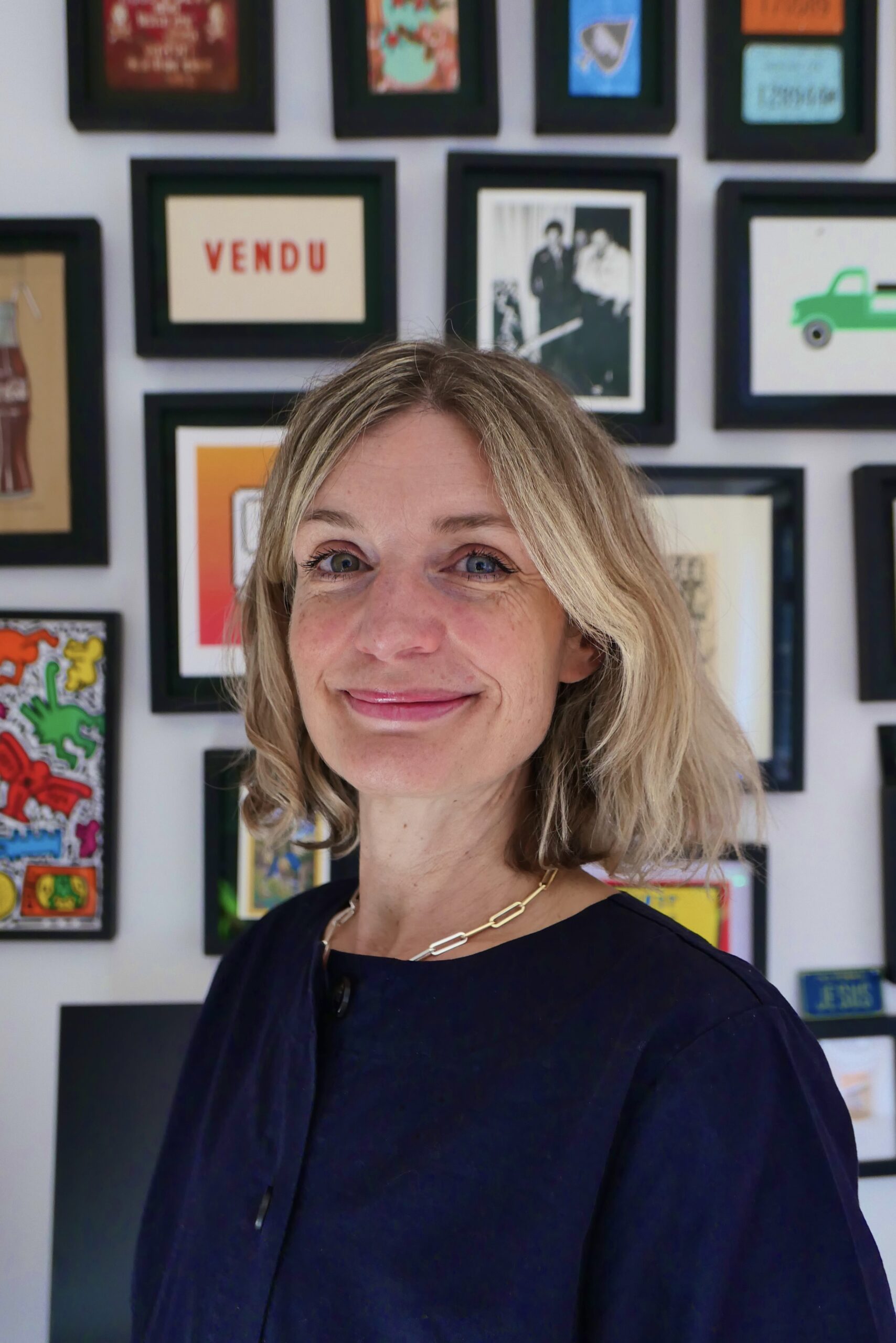 Institution •
Institution •Norwich appoints new Deputy Vice-Chancellor
Norwich University of the Arts is pleased to announce the appointment of Rebecca Wright as its new Deputy Vice-Chancellor. -
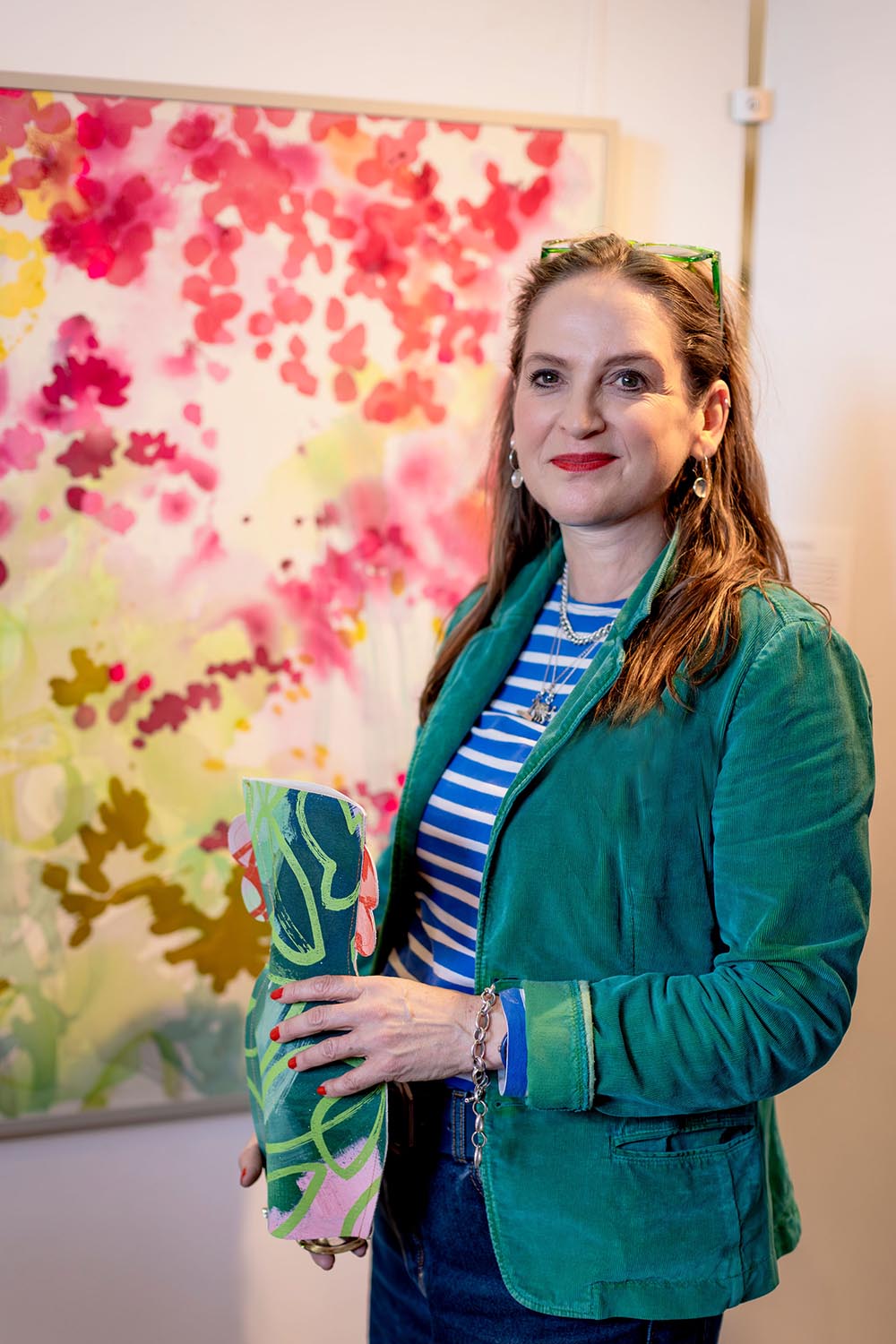 BA Textile Design •
BA Textile Design •In conversation with: Lucy Perry, MA Textile Design
Lucy shares her experience of creating a 360° digital installation, in a collaborative exploration of nature and technology. -
 Institution •
Institution •Norwich University of the Arts earns prestigious 5-star QS Star Excellence rating fo Teaching
Norwich University of the Arts has been awarded an overall four-star rating in the prestigious QS Stars University Ratings, marking a significant milestone in the University’s first-ever submission to the internationally recognised assessment framework. -
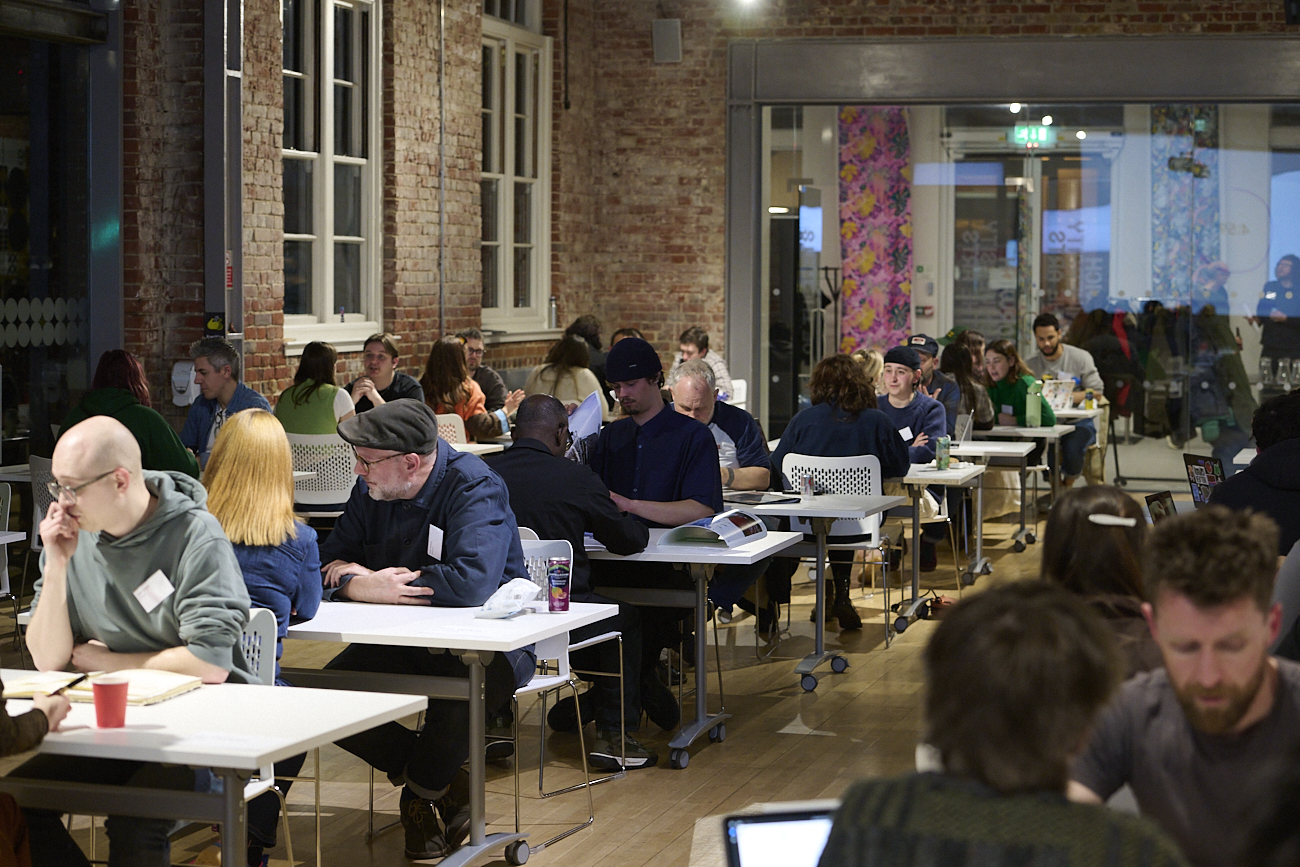 Employability •
Employability •Norwich University of the Arts celebrates 10 years of the Big Book Crit
Hundreds of Norwich students have shared their work with leading creative professionals over the last decade. -
 East Gallery •
East Gallery •Announcing the East Gallery Fellows 2025-2026
Norwich University of the Arts is pleased to announce the selected awardees of this year's East Gallery Fellowship. -
 BA Business Management •
BA Business Management •Dean of Creative Education Awarded Prestigious Principal Fellowship from Advance HE
The University is delighted to announce that Hilary Carlisle, Dean of Creative Education and Professor of Design, has been awarded Principal Fellowship of the Higher Education Academy (PFHEA) by Advance HE -
 BA Degree •
BA Degree •Norwich University of the Arts to Host ELIA Academy 2027
Norwich University of the Arts is delighted to announce that it has been selected as the host institution for the ELIA Academy 2027. -
 BA Business Management •
BA Business Management •In conversation with Norwich’s newest lecturers in Marketing and Business Management
We joined Norwich's newest lecturers, Stephen Balmer-Walters and Laurie McAllister, to find out more about the University's Marketing and Business Management courses. -
 BA Games Art and Design •
BA Games Art and Design •East of England set to become UK’s next Games Cluster, says landmark report
A major new report is calling for the creation of a Games Cluster for the East of England — positioning the region as a national leader in creative technology and immersive media. -
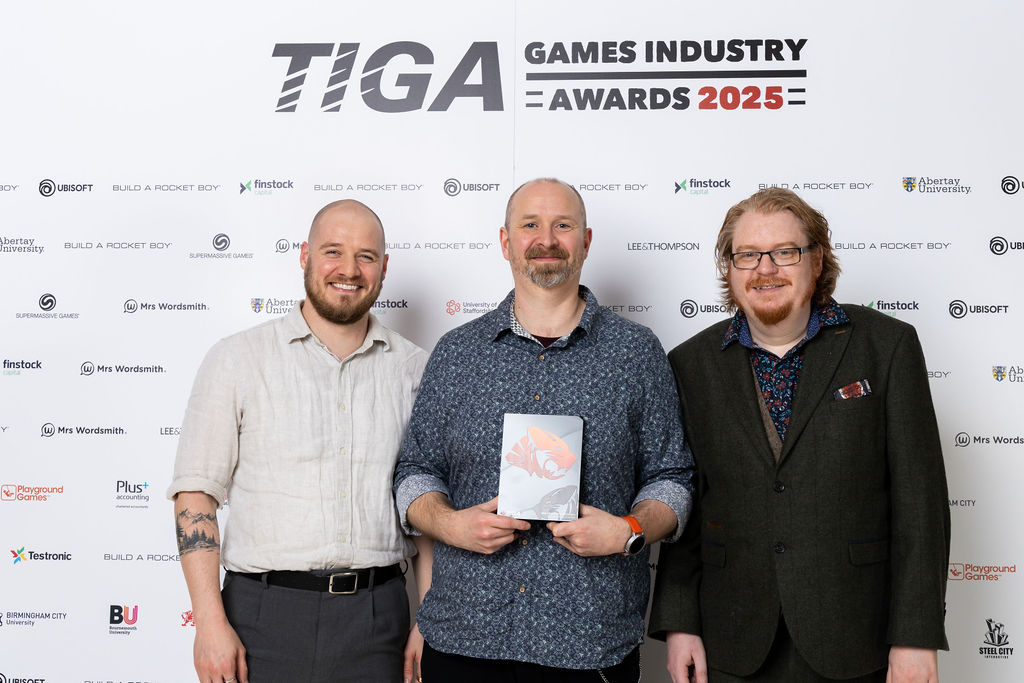 BA Games Art and Design •
BA Games Art and Design •Norwich awarded Best Education Initiative at the TIGA UK Games Industry Awards
TIGA, who represent the UK video games industry, have recognised the University’s commitment to graduate success and industry-focused learning in their 2025 awards. -
 BA Animation •
BA Animation •Cutting edge Sony Virtual Production Studio puts Norwich on the map for the future of film and gaming
Norwich University of the Arts and Sony open new landmark facility for students, creators and the community. -
 BA Animation •
BA Animation •Norwich named top UK university for production excellence in visual effects
The University has been placed in three categories in the 2025 Rookies Global School Rankings, including the top five for Production Excellence – Visual Effects. -
 BA Photography •
BA Photography •Entries open for Norwich's 2026 Beyond the Frame photography competition
Entries are now open for our annual photography competition, open to students aged 11 to 19 around the world. -
 BSc Degree •
BSc Degree •Norwich University welcomes new academics to its Psychology and Computer Science courses
Lyndsey Wallace joins the University as Senior Lecturer for BSc (Hons) Psychology, with Jawwad Chattha joining as Course Leader for BSc (Hons) Computer Science. -
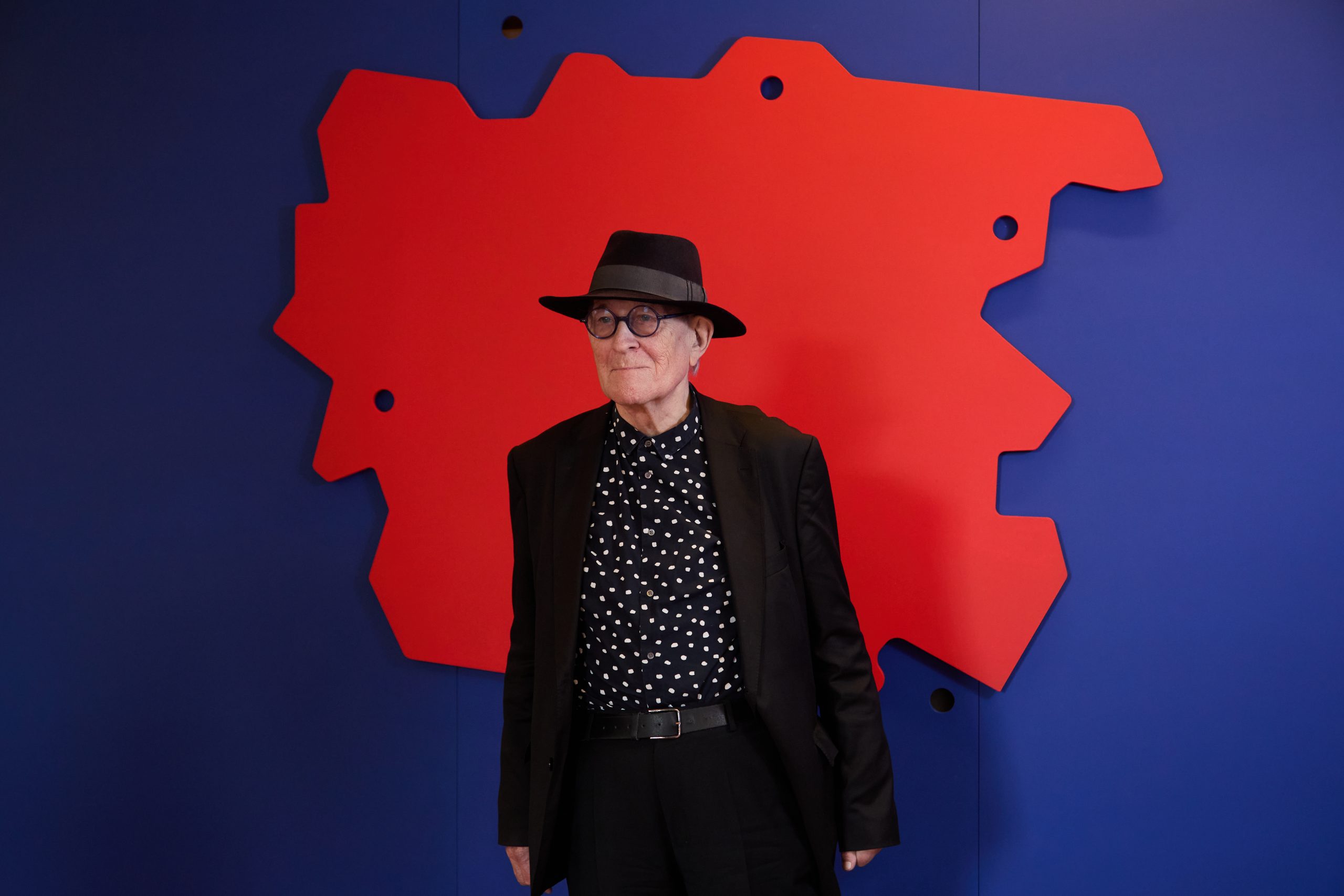 BA Architecture •
BA Architecture •Norwich University of the Arts presents the Peter Cook: Wonder Hub
Norwich University has launched the Peter Cook: Wonder Hub, a vibrant and interactive space for thinking, making, showcasing and debating the creative arts.
Related courses
Discover our courses and take the first step towards unleashing your potential
-
Visit the Fine Art BA (Hons) course page
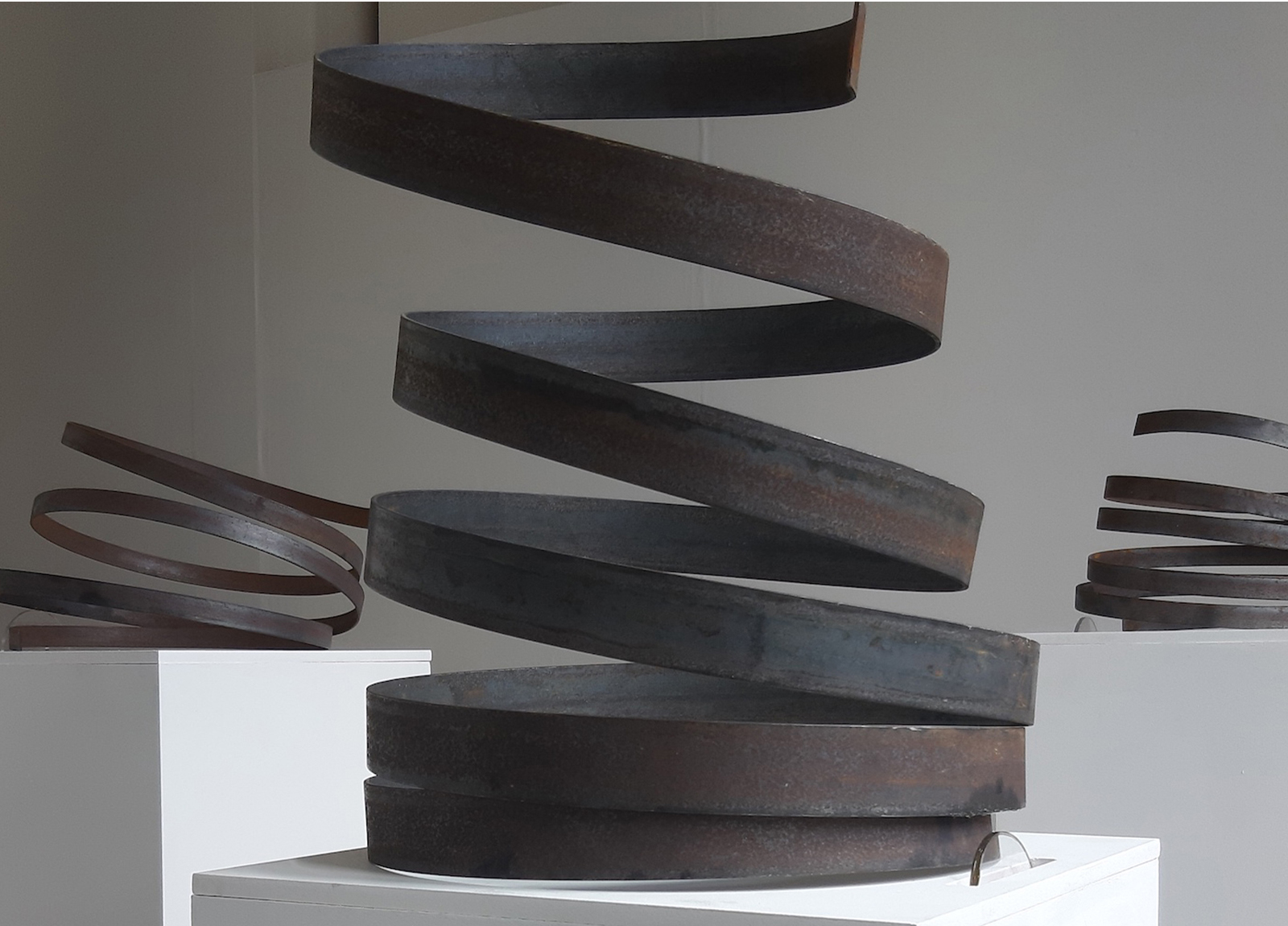
- Filter courses by study level: Undergraduate
- Filter courses by duration: Full time
- Filter courses by start month: September
- Filter courses by subject: Fine Art
Fine Art BA (Hons)
Want to explore your creativity, ideas, and instincts in a vibrant community of artists, thinkers and makers? And shape the future of contemporary art?
-
Visit the Graphic Design BA (Hons) course page

- Filter courses by study level: Undergraduate
- Filter courses by duration: Full time
- Filter courses by start month: September
- Filter courses by subject: Graphic Design
Graphic Design BA (Hons)
Be inspired to apply innovative and creative solutions to branding, packaging, and promotional design for commercial markets.
norwichuni_architecture
-

norwichuni_architecture Boardman House has been feeling festive this week! Wishing all our students happy holidays with loved ones, and we look forward to seeing you again soon in the new year! 🎄❄️☃️🎁🦌 Head over to @nua.archi.soc to follow for student-led meet ups and end of year celebrations coming very soon’#! #norwichuniversityofthearts (opens in a new window)
-
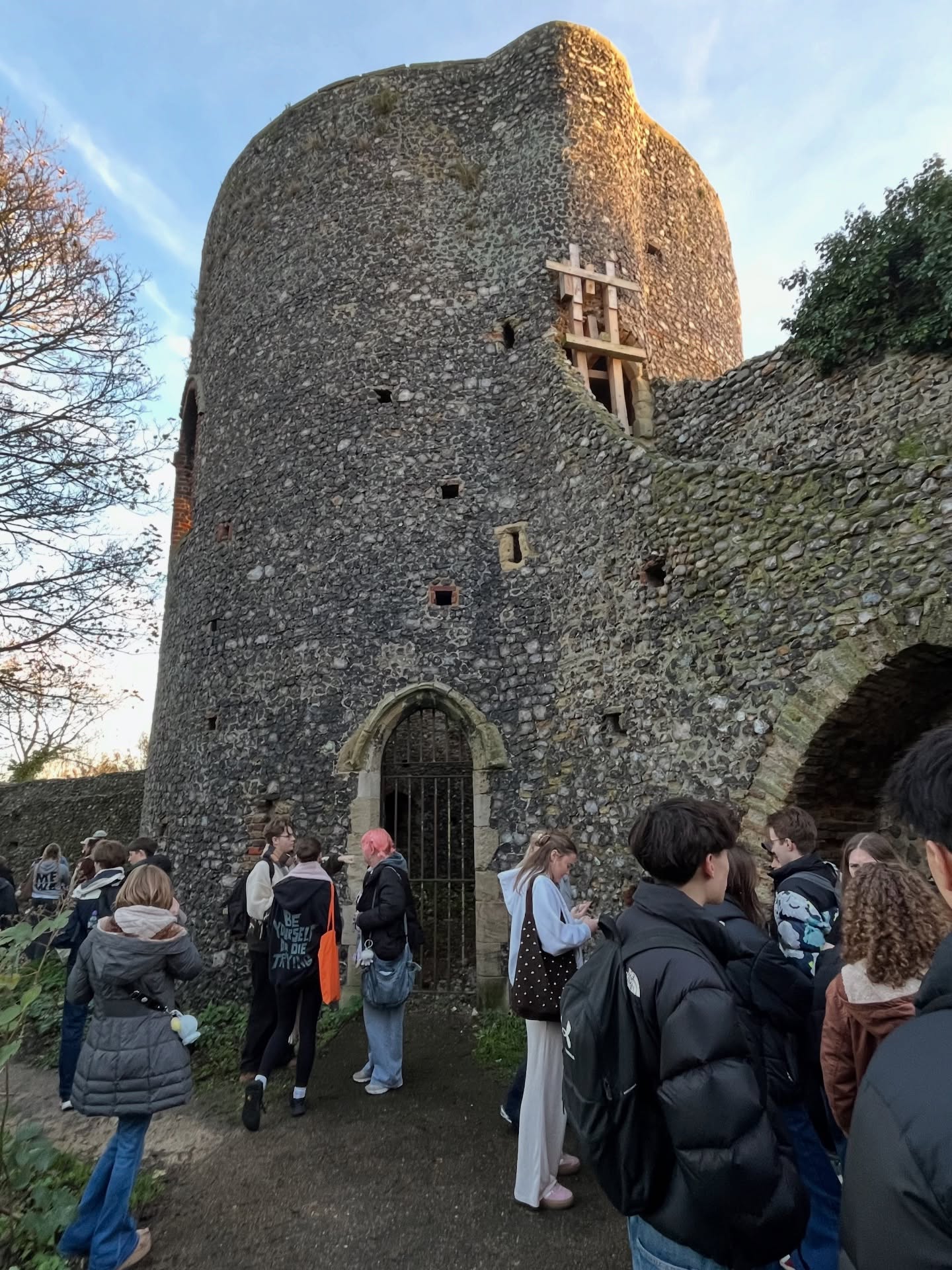
norwichuni_architecture Year 1 BA Architecture and Interior Design students move through Norwich’s fractured medieval armature, encountering sites whose ages stretch from the twelfth century to the late eighteenth: the bomb-shorn remains of St Benedict’s Church (c.1100s), where a rare round tower still anchors the memory of a parish erased in 1942; Peafield Mill (1800s), once a small windmill and later possibly linked to Norwich’s historic dye trade of woads and madders; the Black Tower, perched on Mousehold Heath, once used as a trade signalling point and long associated with local folklore surrounding Kett’s Rebellion; and Cow Tower (late 1300s), one of England’s earliest artillery towers. Across these fragments, students tune into scale, weather, human and more-than-human occupation. We look forward to seeing how their imaginative responses reactivate these super interesting urban terrains. #norwichuniversityofthearts #norwich (opens in a new window)
-

norwichuni_architecture Summer memories from the Architecture Course at Norwich University of the Arts. Following our recent External Examiner visit, we take the opportunity here to thank Alex Graef, who has now completed his term as Architectural External Examiner at Norwich University of the Arts. Alex has been instrumental in helping us shape and strengthen the course — guiding our trajectory toward a rigorous, globally engaged agenda while remaining deeply grounded in our local context. His contribution has been consistently research-informed, generous, and impactful, and we extend our sincere thanks to him. Alex Graef is a qualified and ARB-registered architect, Director of Alex Graef Associated Architects Ltd, and formerly Unit Leader of Diploma Studio 5 at London South Bank University and Visiting Professor at the American University of Beirut. His work explores the symbiotic relationship between practice, teaching, and independent research. We extend our thanks too to Dr Francesco Proto (also pictured), who continues in his role as External Examiner. Francesco is an experienced senior lecturer with a strong track record in higher education, specialising in research, academic writing, drawing, urban design, and architectural design. We deeply value his ongoing guidance across critical thinking, design, and the architectural humanities. We look forward to welcoming the new External Examiner to the course soon. Left to right: Alex Graef, Jason Wiggins, William Hailiang Chen, Claudia Morgado, Dr Francesco Proto. Photo: Prof Dr Teresa Stoppani @norwichuniarts @alexgraef #norwichuniversityofthearts (opens in a new window)
-
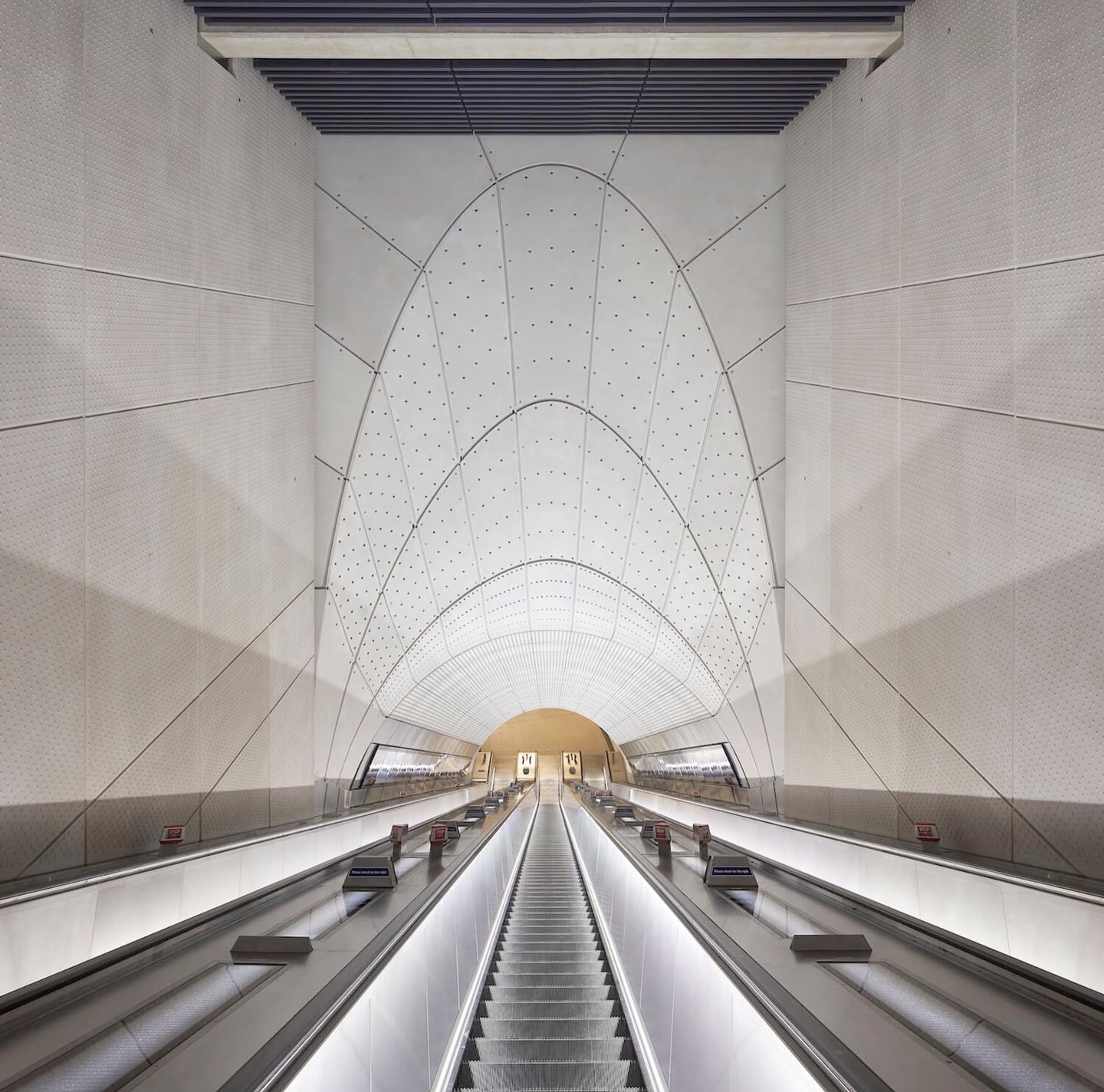
norwichuni_architecture ANNUAL RIBA NORWICH LECTURE 2025 Thursday 27 November 2025, 17:30 Duke Street Riverside Norwich University of the Arts NR3 3FF Grimshaw, winners of the 2024 RIBA Stirling Prize for The Elizabeth Line, will deliver this year’s Norwich Lecture. The lecture will offer insight into the making of the Elizabeth Line — London’s most significant transport infrastructure project in over two decades. Spanning 100km across the city with 42km of new tunnels, the line now carries around 200 million passengers annually, increasing underground capacity by 10% and connecting London from Reading and Heathrow to Shenfield and Abbey Wood. Grimshaw will discuss how principles of commonality, clarity, and accessibility shaped the line-wide design, creating an intuitive, safe and enjoyable travel experience. Photograph by Hufton + Crow. Booking essential, see link in bio. #Architecture #interiordesign (opens in a new window)
-

norwichuni_architecture Reflecting on this week: INTERCHANGE 18 November 2025 Boardman House COLLAGE OF CONSTRAINED TERRITORIES Event Leads: Dr. George Themistokleous (Architecture), Dr. Jonathan Laskovsky (Critical Theory), with Sarah de Villiers (Architecture). In this collaborative workshop, students worked to create visual-textual collages that reimagine territory as a form of fiction. Using maps, architectural fragments, and literary excerpts, participants looked into how landscapes are influenced by power dynamics and imagination. Focusing on Orford Ness—a former military site on the Suffolk coast—students layered images and texts to reveal the hidden structures of control, such as borders and surveillance zones. These collages highlighted existing systems but also opened pathways for new concepts and narratives, encouraging creative reimaginings of space and territory. Thank you to all participants for their curiosity and experimentation in their contributions. @norwichuniarts @jlaskovsky @_parasight #norwichuniversityofthearts #interchange (opens in a new window)
-
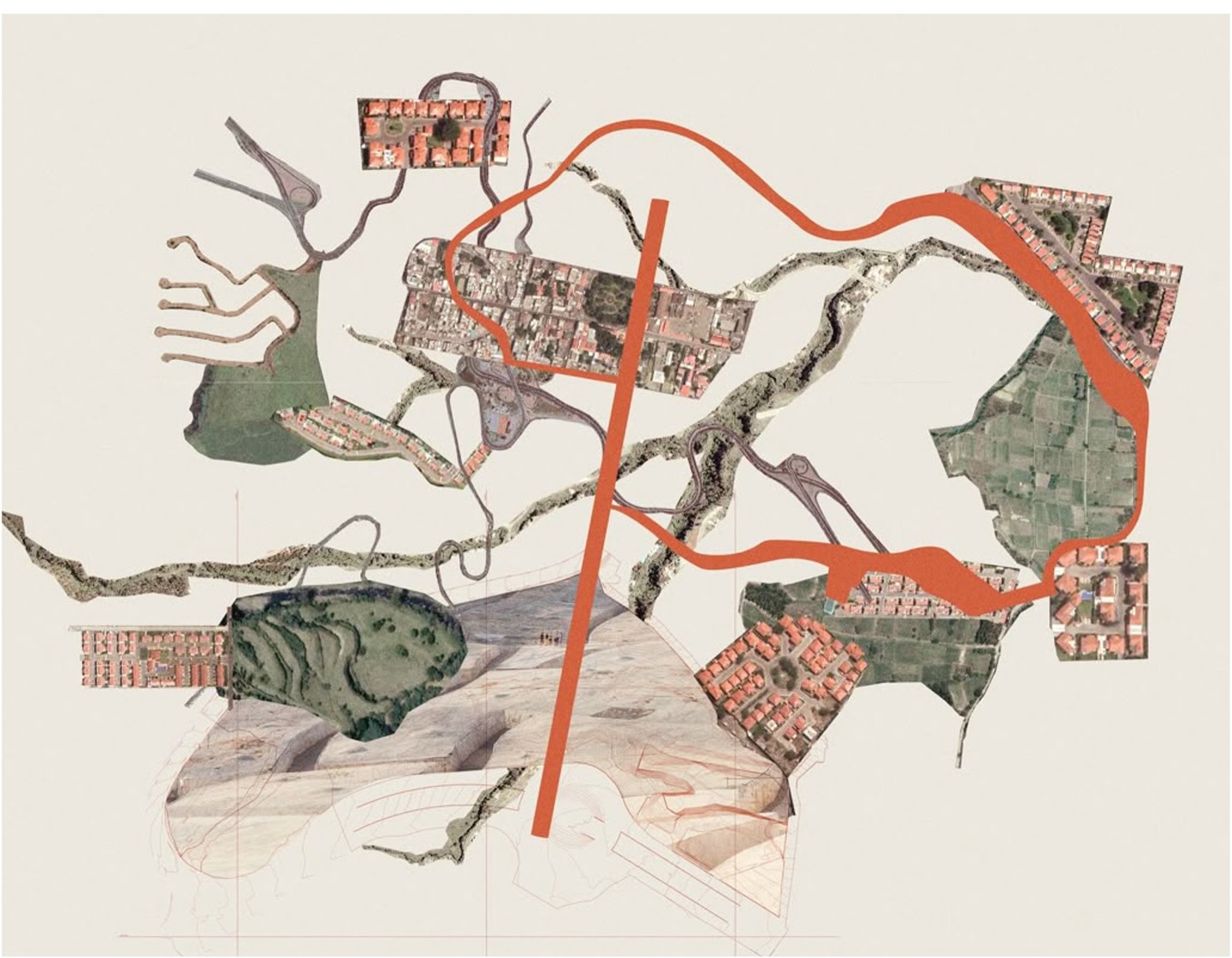
norwichuni_architecture Reflecting from this week: INTERCHANGE WORKSHOP Tuesday 18 November 2025 Narrative Cartographies: Designing Spatial Play Event Leads: Dr. Jonathan Laskovsky (Lecturer and Researcher in Critical Theory, University of Melbourne), Jake Montanarini (Course Leader, Computer Arts & Technology, Norwich University of the Arts), Sarah de Villiers (Lecturer in Architecture, Norwich University of the Arts). A wonderful group of students across courses and years spent the day working together at Norwich Castle — a site layered with over 900 years of power, defence, authority, and public imagination. Its shifting roles as fortress, prison, museum, and civic landmark offered a rich ground for exploring how stories shape space, and how space, in turn, shapes behaviour. Using this historic site as our live terrain, students built narrative-driven games and spatial investigations through platforms such as Twine. They treated mapping as a form of storytelling, using space as a mechanic to reveal hidden routes, thresholds, and social logics embedded in and around the castle. Participants tested how live play, audience interaction, and collective decision-making can open new possibilities for navigating and interpreting the city. The workshop celebrated an exciting collaboration between Architecture and Games at Norwich University of the Arts, and an extension with the University of Melbourne through Dr. Jonathan Laskovsky — showing how cross-disciplinary approaches can open fresh possibilities for spatial storytelling, play, and site-based exploration. Thank you to all our students that participated and imagined together, and to @norwichuniarts for hosting the event. @norwichuniarts @jlaskovsky Cover Image: Tatiana Bilbao, 2021. #norwichuniversityofthearts #interchange (opens in a new window)
-

norwichuni_architecture On now! A+I RESEARCH SEMINAR Wednesday 19 November 2025, 13:30-15:00 Dr. Jonathan Laskovsky. Chaired by Dr. George Themistokleous. ‘Thresholds of Control: Exploring Agamben’s Thinking on Site and Movement’ Norwich University of the Arts Architecture + Interior Design Boardman House BH2-7 (Glass box) Redwell Street, Norwich NR2 4SL or on Teams* In this research seminar, Laskovsky will be exploring key ideas in Agamben’s thinking from both *Burning Down the House* and *Creation and Anarchy*, connecting the threshold, the object, and ways in which they intersect with instances of authority and control via examples from architecture, art, and literature. The discussion will delve into the concept of closing; an absence that necessitates a presence, where the closure serves as a final interruption to the possibility of connection rather than a solid wall. The threshold invites the potential for transgression, necessitating a critical examination of site, object, and movement/exchange. A short suggested reading is attached from: Agamben, G. 2023. *Burning Down the House*. Translated by Kevin Attell, Calcutta: Seagull Books. Dr. Jonathan Laskovsky @jlaskovsky is a Lecturer in Critical Theory at the University of Melbourne, living in Naarm (Melbourne). His research focuses on the critical potential within art and literature as a means to explore issues of power, architecture, and the organization of thinking. He is a member of the Critical Research Association Melbourne, the Melbourne Centre for Cities, and serves as a judge on various panels. *For supply of a short suggested reading excerpt and/or to request a Teams link for joining online, please email archint@norwichuni.ac.uk. (opens in a new window)
-
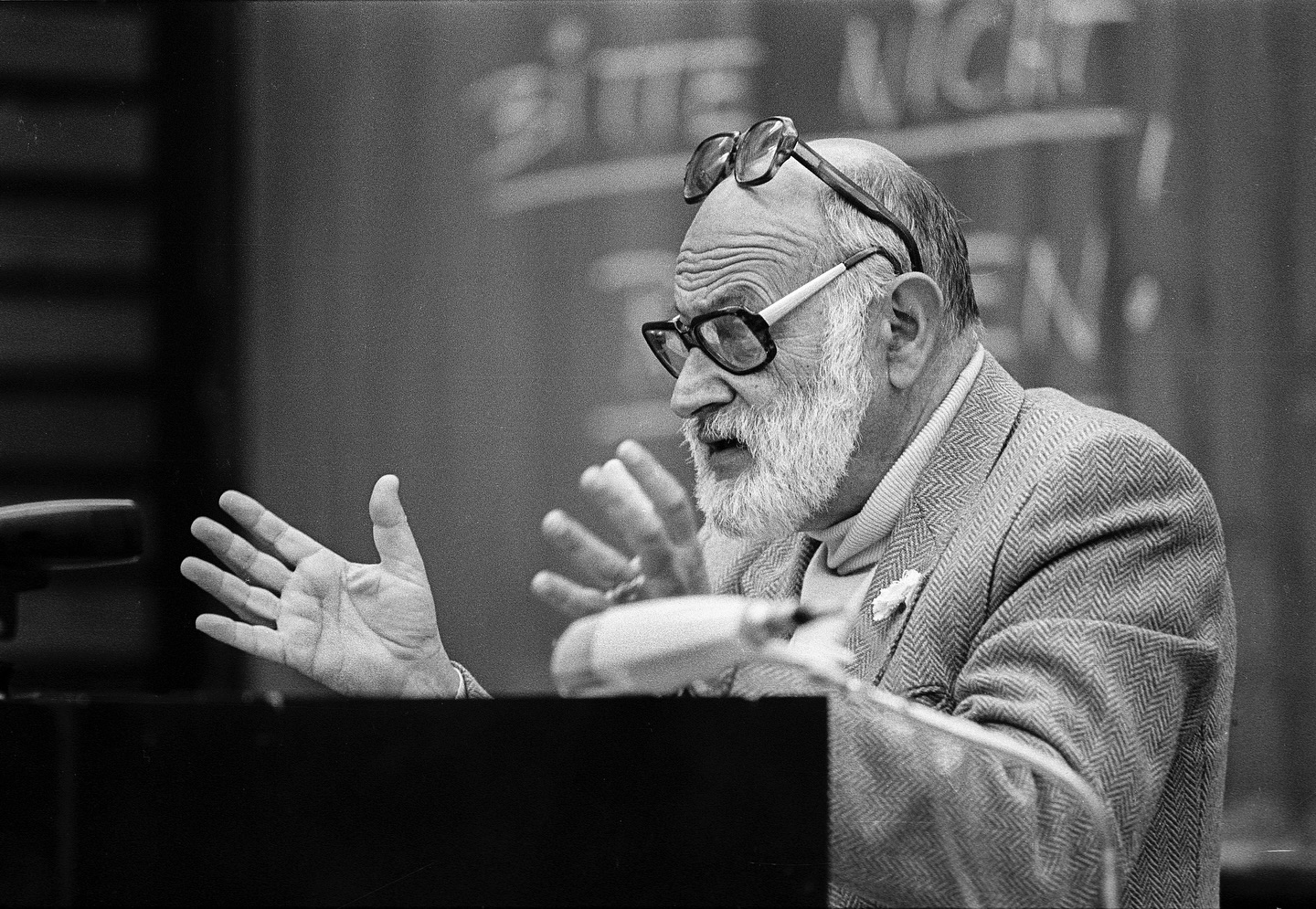
norwichuni_architecture A+I RESEARCH SEMINAR Wednesday 5 November 2025, 13:30-15:00 Gustavo Balbela. Chaired by Dr George Themistokleous. ‘Making’ as Translation: Notes on Vilém Flusser Norwich University of the Arts Architecture + Interior Design Boardman House BH2-7 (Glass box) Redwell Street, Norwich NR2 4SL or on Teams* Vilém Flusser, a philosopher of the late 20th century, made unique contributions to the philosophy of language, the image, and design. Born in Prague, Flusser escaped from the Nazi occupation to Brazil, an experience that drastically shaped his life and work. In São Paulo, he developed a relativistic understanding of the relationship between language and reality, where translation became a key philosophical operation. His focus later shifted to the tension between texts and images, leading to his influential theories of the apparatus and the technical image. Throughout his career, Flusser remained deeply engaged with design and technique, framing the very gesture of making as a fundamental mediation between the soft world of concepts and the hard world of matter. This seminar will provide an overview of Flusser’s multifaceted thought and explore its relevance for the contemporary context. @gustavo_balbela is a Brazilian artist, researcher, and designer. He is a PhD candidate at the Norwich University of the Arts, holds a master’s in fine arts from UFRGS’s Institute of Arts, and works as a designer and editor at Austral Edições. *For supply of a short suggested reading excerpt and/or to request a Teams link for joining online, please email archint@norwichuni.ac.uk. Image: Vilém Flusser, FH Bielefeld, 1984. @norwichuni_architecture @norwichuni_interiordesign @norwichuniarts (opens in a new window)
-
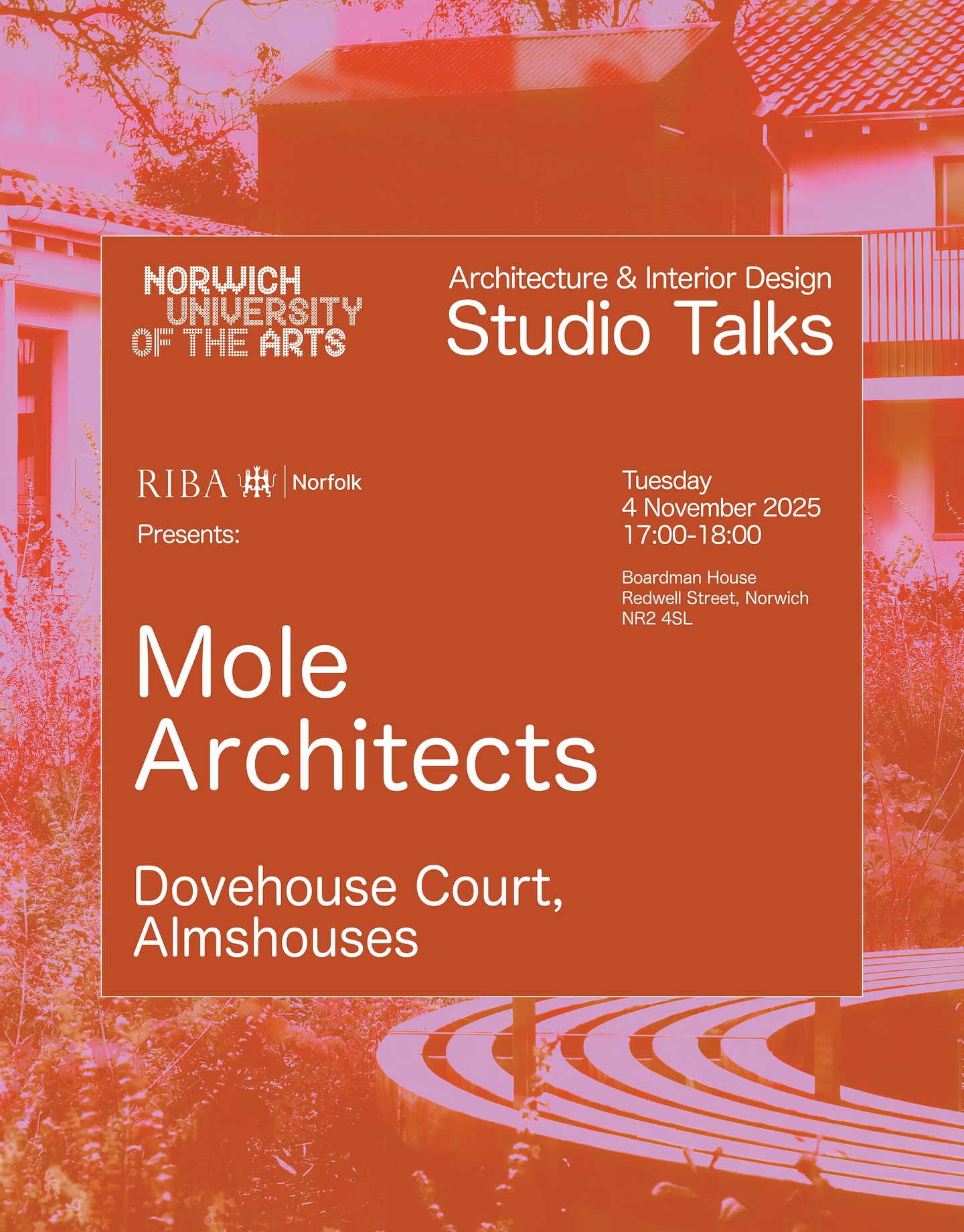
norwichuni_architecture Coming to Boardman House this Tuesday! RIBA TALK Mole Architects — Tuesday 4 November 2025, 17:00-18:00 Boardman House Studio (UGF) Redwell Street, Norwich, NR2 4SL Followed by informal conversation On 4 November 2025, RIBA Norfolk will host Mole Architects at Boardman House, Norwich University of the Arts. Mole Architects will present Dovehouse Court — a new Passivhaus-certified almshouse development in Girton, Cambridgeshire. Completed in 2023, the project offers a modern reinterpretation of the traditional almshouse typology. Developed by Girton Town Charity, the scheme comprises 15 one-bedroom homes designed for residents over 55, with strong local connection. Winner of a RIBA East award and The Almshouse Assocation’s Innovation for Living award, the project supports independent living and prioritises sustainability in affordable housing. Ian Bramwell, who will be delivering the talk, is a Director at Mole Architects. Mole Architects is an RIBA Chartered Practice founded in 1997, recognised for its work in low-energy design in the UK. Their projects have appeared in media such as Grand Designs and The Financial Times, and have been referenced in frameworks including the National Design Code. Mole Architects is a Certified Passive House Designer, and has completed a number of high-performance buildings across Britain. Their work focuses on combining reduced environmental impact with careful material thinking, clarity in detailing, and attention to daily lived experience. All welcome. Please join us. Architecture and Interior Design Programme Norwich University of the Arts @norwichuniarts @norwichuni_interiordesign @norwichuni_architecture @molearchitects @ribaeast Booking link in bio. #norwichuniversityofthearts #architecture #interiordesign (opens in a new window)
-
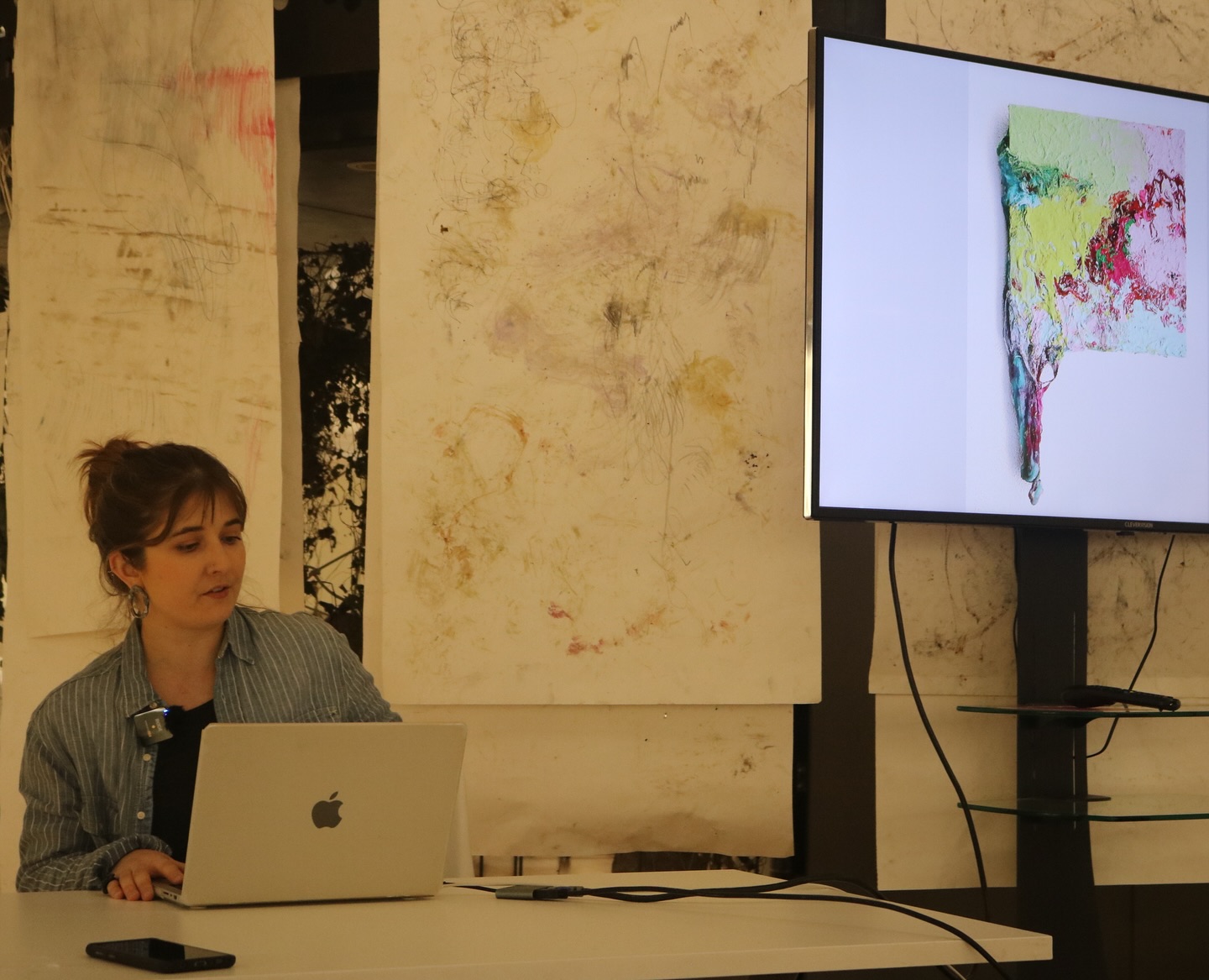
norwichuni_architecture The A&ID STUDIO TALKS 2025 welcomed Dr. Carolina Marostica on 30th October, where she presented ‘Bodies in Space: Painting, Sculpture, and Architecture in Dialogue’. She explored the materiality of her work, discussing how she has used waste bags and synthetic materials to create inhabitable enclosed spaces and suspended objects. Carolina discussed the interplay between artistic form and architectural space, highlighting how her manipulation of materials like malleable and translucent elements challenges conventional classifications and boundaries. @norwichuniarts @norwichuni_interiordesign @norwichuni_architecture @ccmarostica #norwichuniversityofthearts #architecture #interiordesign (opens in a new window)
-
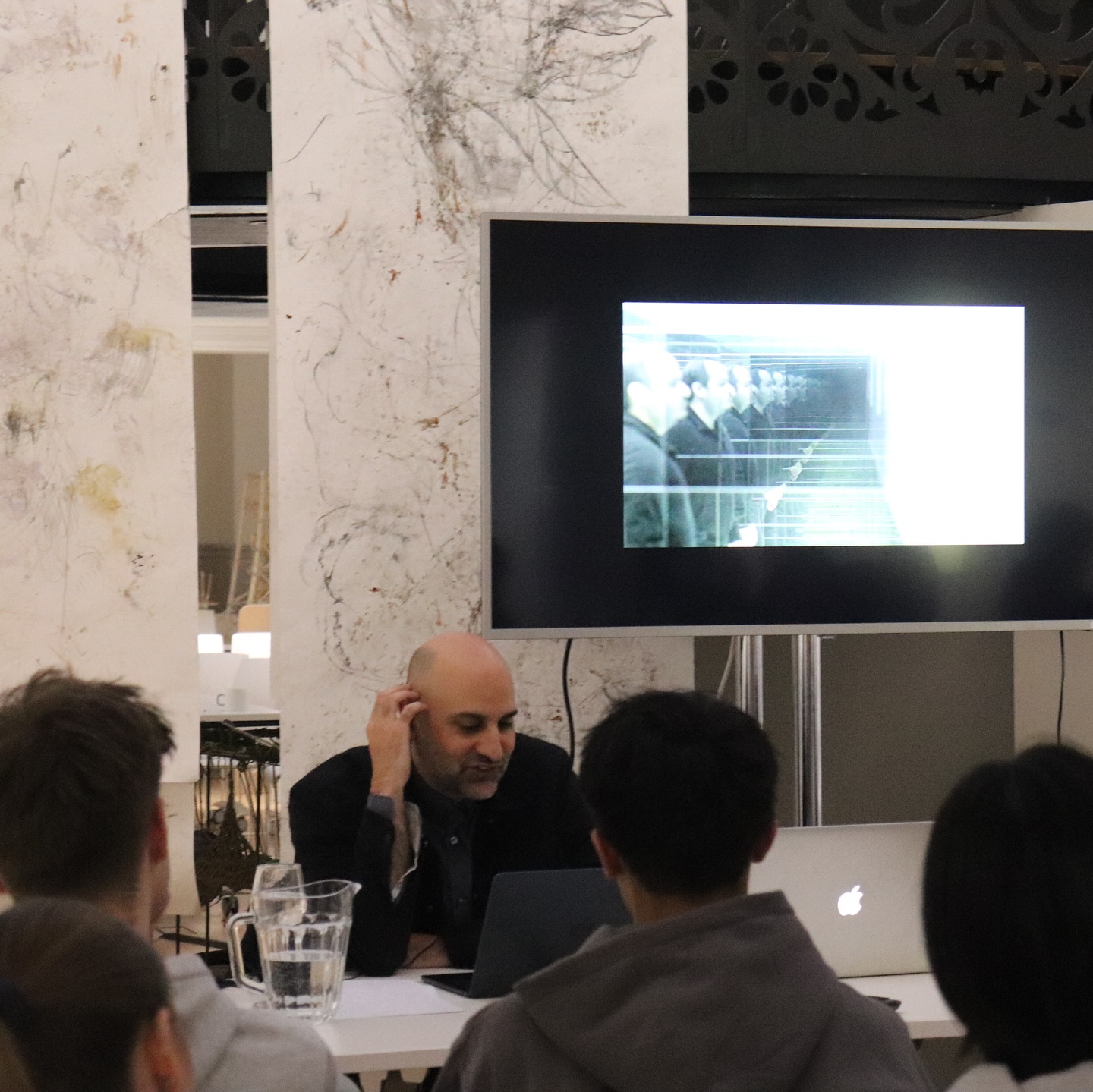
norwichuni_architecture A&ID STUDIO TALKS 2025 featured Dr. George Themistokleous on 23rd October, where he discussed ‘Operating Table’, a media installation in Nicosia’s Buffer Zone. He explored themes of vision, posthumanism, and affect in relation to border conditions and no man’s land. The project challenged colonial record-keeping and identity politics, using a camouflaged recording device to transform surveillance into resistance, asserting the right to opacity. Thank you to everyone who joined us for the conversation afterward! @norwichuniarts @norwichuni_interiordesign @norwichuni_architecture @_parasight #norwichuniversityofthearts #architecture #interiordesign (opens in a new window)
-
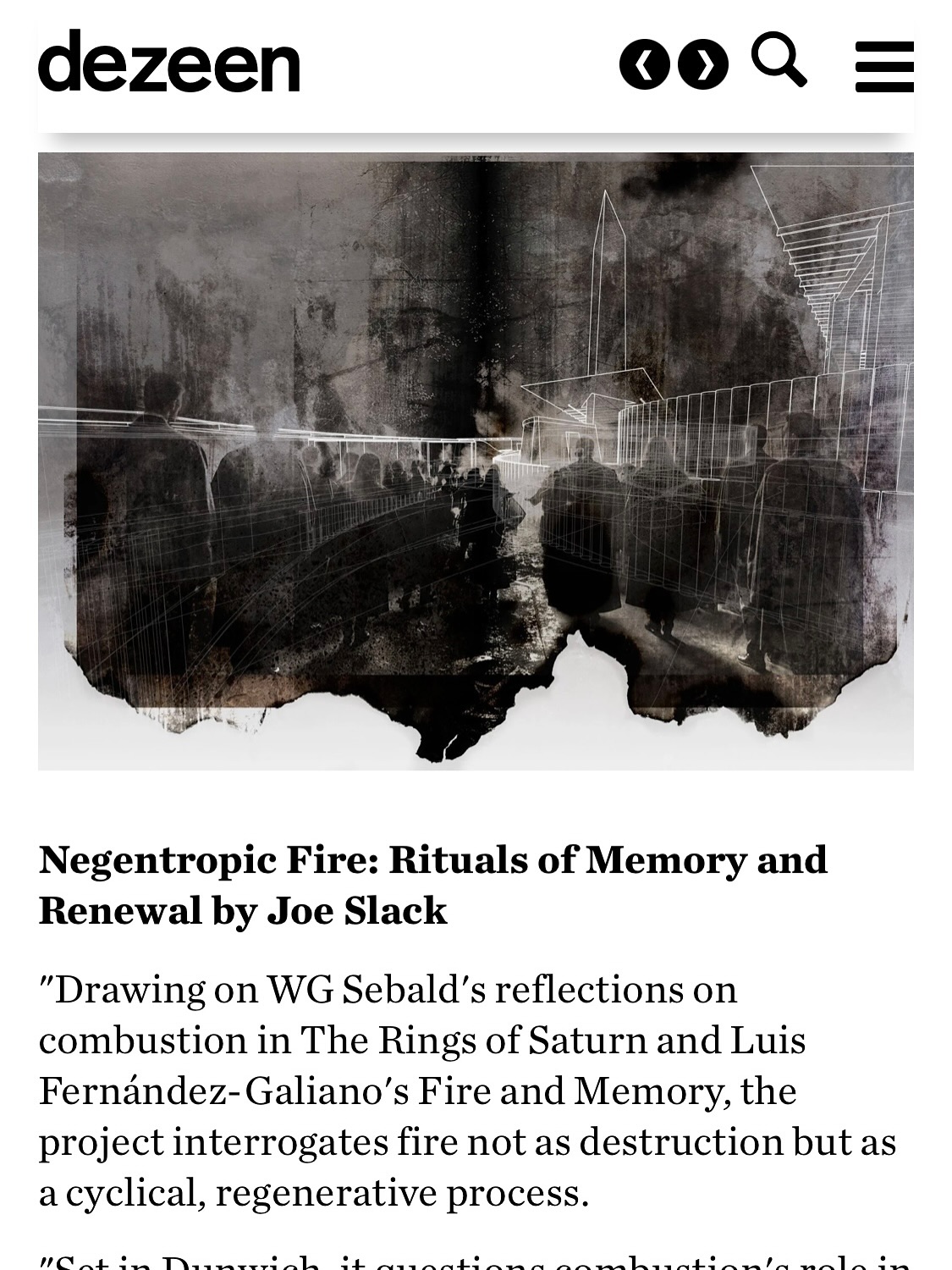
norwichuni_architecture We celebrate the A+ID Programme’s recent exhibition at @norwichuniarts GradFest 25 with a feature of work on Dezeen. ‘The Norwich Architecture and Interior Design Programme is committed to critical spatial practice in a time of social transformations and planetary fragility. Students are encouraged to define their role not only as designers, but also as citizens and activists with environmental responsibilities and agendas. From the shared first-year studio to the postgraduate projects, work is developed through transdisciplinary collaborations, experimental making, and critical storytelling, to culminate in research-led, socially embedded design proposals. Grounded in East Anglia’s coastal environments, heritage settings and agrotech transformation, and globally oriented, the work responds to today’s spatial urgencies with strategies of resistance, renewal, and care.’ — text by Prof Teresa Stoppani Click on the link in our bio for the full article. @norwichuniarts @norwichuni_architecture @norwichuni_interiordesign #norwichuniversityofthearts (opens in a new window)
-
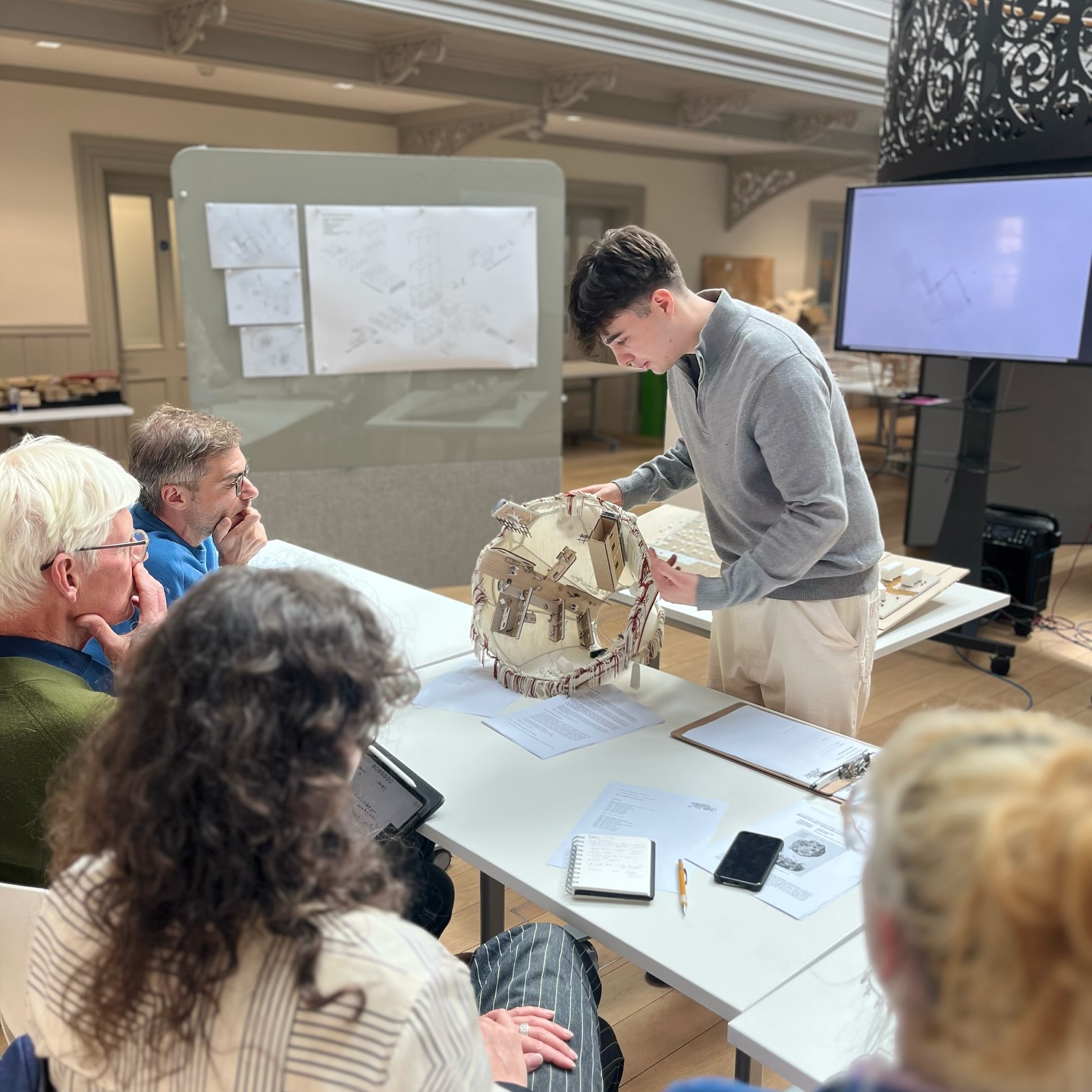
norwichuni_architecture We recently shared our exciting undergraduate course offerings on Dezeen Courses. The Architecture and Interior Design courses at Norwich University of the Arts begin with a shared first year focused on collaboration. Students work together in an integrated design studio that fosters experimentation and benefits from synergies with the wider university. The aim is to develop a critical design ethos from the start, with the collaborative studio culture continuing as students progress in their specific course. Rooted in Norfolk’s distinctive context – where centuries-old agriculture and coastal management coexist with innovative technologies and digital start-ups – the courses use Norwich and its landscapes as a living laboratory. Students engage with the city’s medieval layers and industrial heritage, eroding coastlines and vulnerable wetland ecologies. In Year 1, we explore how design enables temporary occupation and adaptive micro-architectures and reactivates disused spaces for socially generous interventions. Debate, curiosity and risk-taking are central to our teaching. Cutting-edge facilities – including digital fabrication, metal, wood and casting workshops and a dedicated wet lab – support hands-on, materially driven experimentation. Click on the link in our bio for the full article, and head to https://norwichuni.ac.uk/courses/find-your-course/ba-hons-architecture/ to apply. Image 1: Leo Coles, 2025. BA (Hons) Architecture, Norwich University of the Arts. Image 6: Tracey Lin, 2025. BA (Hons) Architecture, Norwich University of the Arts. Image 7: Jacob Spinks, 2025. BA (Hons) Architecture, Norwich University of the Arts. Image 8: Work of Ruby Sawyer, and Jordan Jewell, 2025. BA (Hons) Architecture, Norwich University of the Arts. @norwichuniarts @norwichuni_architecture @norwichuni_interiordesign #norwichuniversityofthearts (opens in a new window)
-
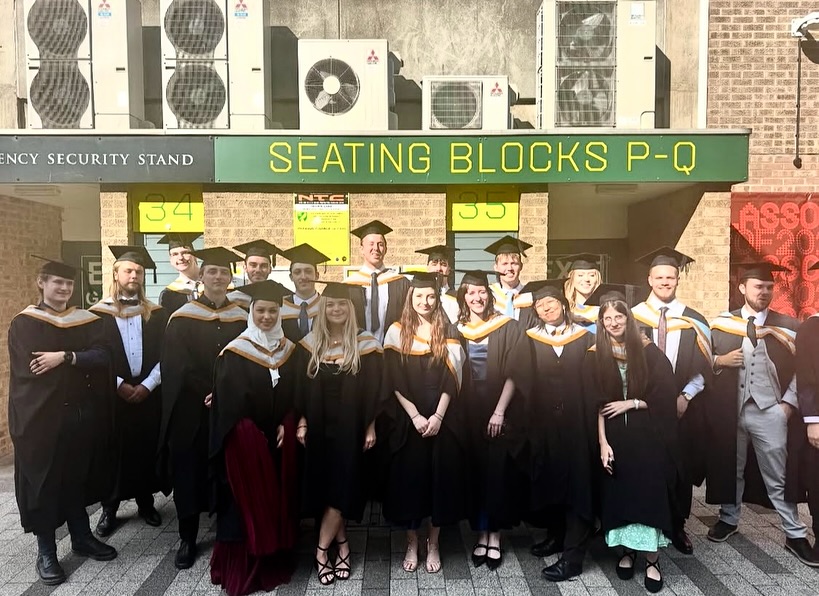
norwichuni_architecture Congratulations class of 2025 BA Hons Architecture and MArch which graduated today! 🎉 🎉 🎉 (opens in a new window)
-
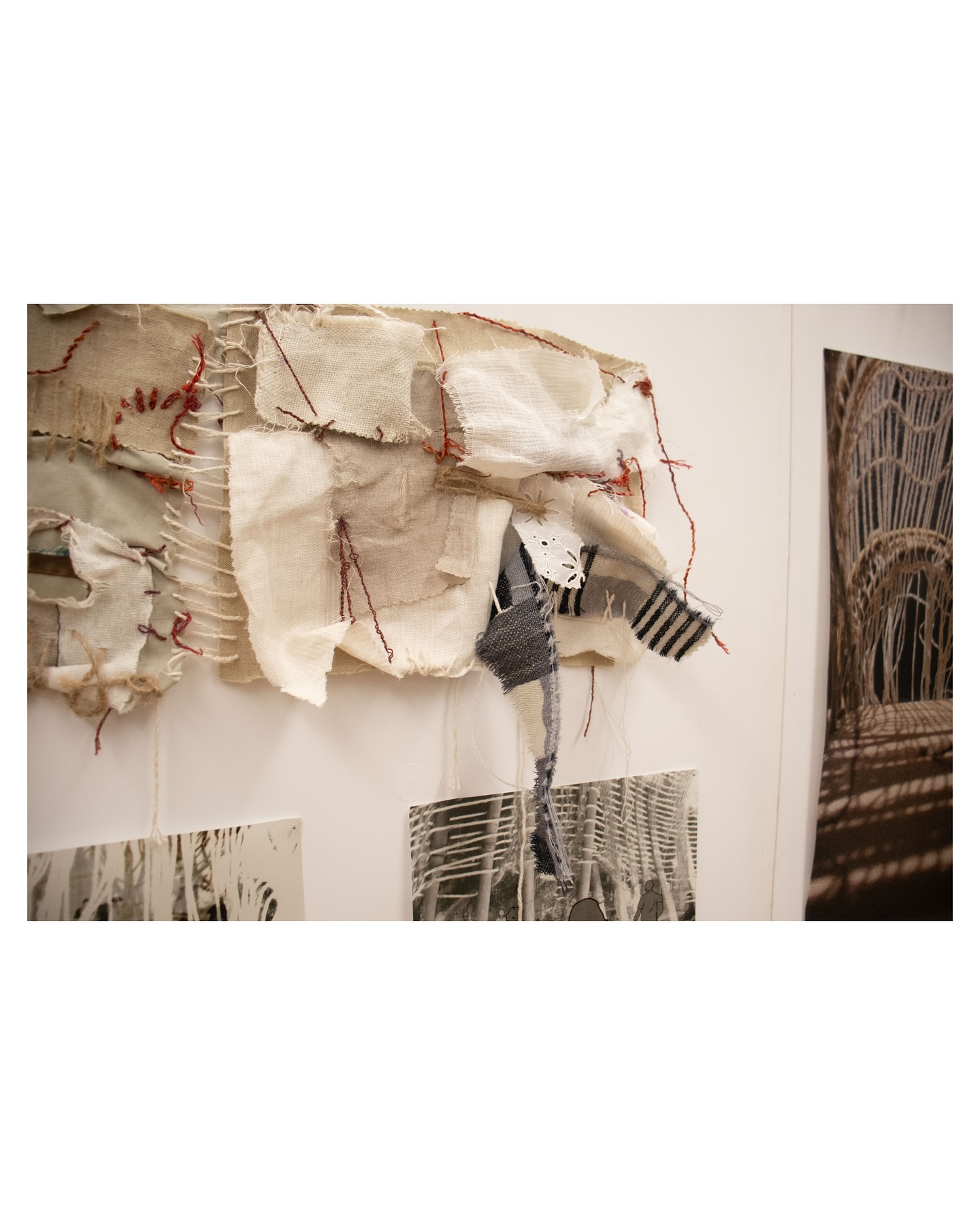
norwichuni_architecture Featured Project: The Obstreperous System by Sophia Henley @sophiaahenley (BA Architecture Year 3) This project interrogates domesticity, repression, and gendered authority through a spatial and material intervention at the ruins of Greyfriars Monastery in Dunwich – once a site of institutional and social control. Grounded in feminist spatial theory and inspired by the writings of the Matrix Feminist Design Co-operative, the work reverses and reclaims the historical labours of women – such as limewashing and textile-making – by re-scripting them into acts of power, exposure, and unravelling. The design weaves soft, textile-based structures through the crumbling ruins, creating a performative architecture that entraps, directs, and reveals. New formations of domestic labour are rescripted in a new kind of domestic intuition proposed here. It suggestsa reimagined domestic institution where traditional roles are subverted: spaces of labour – material folding, scrubbing, and tending – are exaggerated and reassigned, inviting male participants into routines historically associated with women, while others, traditionally associated with domestic responsibility, gain access to secluded areas that symbolise authority, though fractured and impermanent. The structure is intentionally fragile, built to degrade and adapt with the landscape, mirroring the instability of power and the coast. By flipping gendered norms – placing men in visible labour and women in spaces of observation and retreat – the intervention challenges entrenched ideas of control and privacy. It encourages reflection on institutionalised domestic roles, spatial segregation, and the slow, material undoing of patriarchal authority. Tutors: Dr George Themistokleous, Sarah de Villiers (Design Studio), Romanos Tsomos, William Burgess, Dr George Themistokleous, William Hailiang Chen (Technology and Environment), February Philips, Tony Cleford (Professional Studies). Course Convenor: Claudia Morgado Programme Director: Prof Teresa Stoppani @norwichuni_architecture #norwichuniversityofthearts #wearenorwich #dunwich (opens in a new window)
-
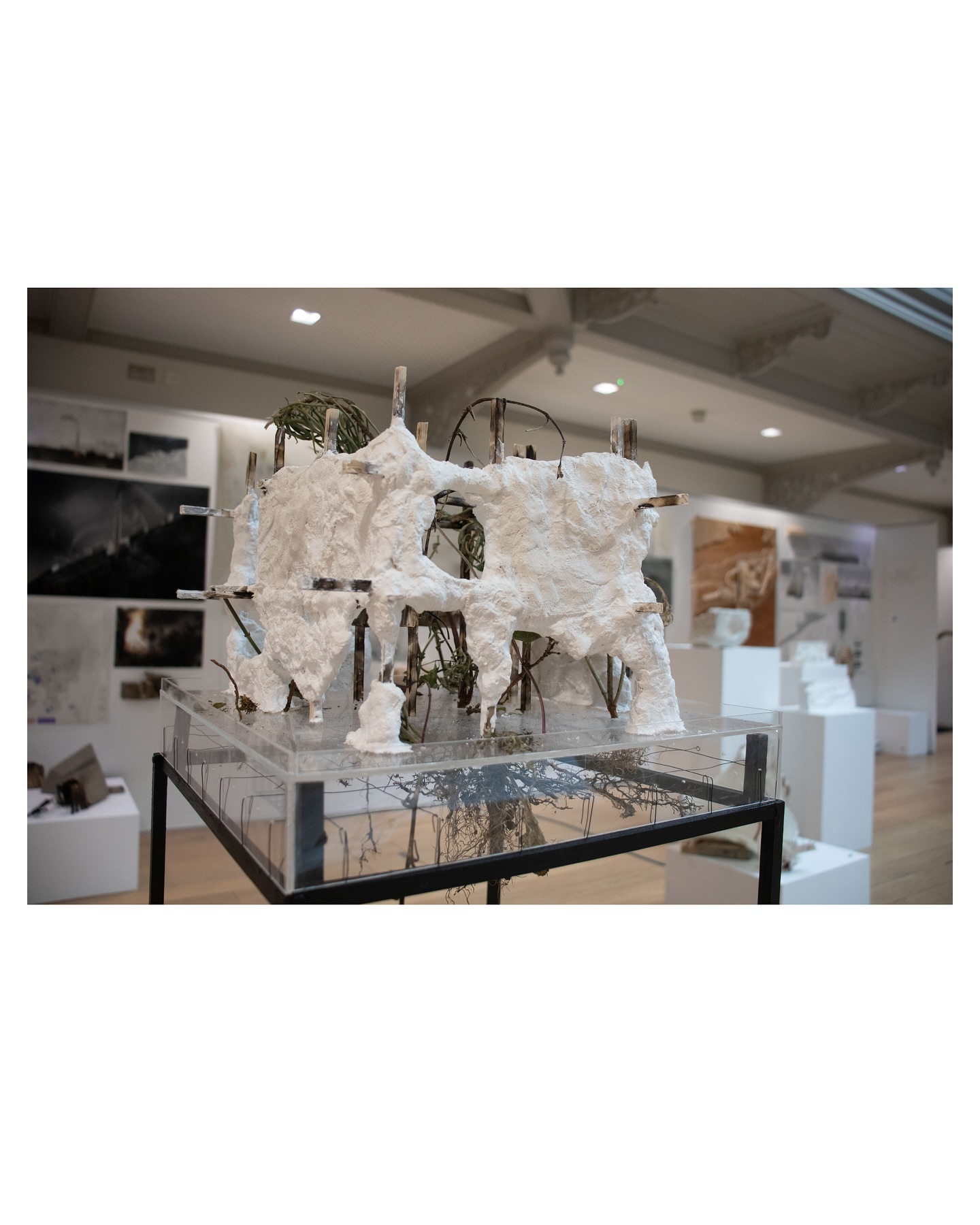
norwichuni_architecture Featured Project: Rhizomatic Decontamination by Jacob Spinks @jspinks13 (BA Architecture Year 3) Recipient of RIBA Bronze Medal nomination from Norwich University of the Arts (joint award) Rhizomatic Decontamination is a long-term remediation scheme located on the contaminated shingle spit of Orfordness, Suffolk. As an ex-military testing ground, the coastal landscape has suffered extensive displacement and contamination, layering over years of explosive ordinance testing, bombing runs and longshore erosion. Decades later, as remnants of humanity’s bid for efficient control, an abundance of impact craters scar the land. Drawing from theoretical frameworks outlined by Donna Haraway’s Staying with the Trouble, the project embraces complexity, contamination and abnormality through a lens which allows and encourages adaptive reuse. Laboratory One, located on the border of public access, is retained and adapted as a threshold between accessible and contaminated land, operating as a research and development hub for phytoremediation. From here, a new axis is drawn along the historical Land Bombing Line (55° North) as a path of repair. By layering over a derelict vibration test facility, the proposal redefines inaccessible land as sites for potential post-human inhabitancy. Embracing the cthuluscene—where humans and non-human actors collaborate and entangle—a rhizomatic network of hyperaccumulator trees and architectural pods is planted into craters. Each pod responds to both natural and controlled growth, using a modular grid to support trees as cybernetic phytomining machines. This establishes a long-term choreography of healing, shifting perceptions toward responsibility, cohabitation and speculative repair. Tutors: Dr George Themistokleous, Sarah de Villiers (Design Studio), Romanos Tsomos, William Burgess, Dr George Themistokleous, William Hailiang Chen (Technology and Environment), February Philips, Tony Cleford (Professional Studies). Course Convenor: Claudia Morgado Programme Director: Prof Teresa Stoppani @norwichuni_architecture #norwichuniversityofthearts #architecture #orfordness (opens in a new window)
-
